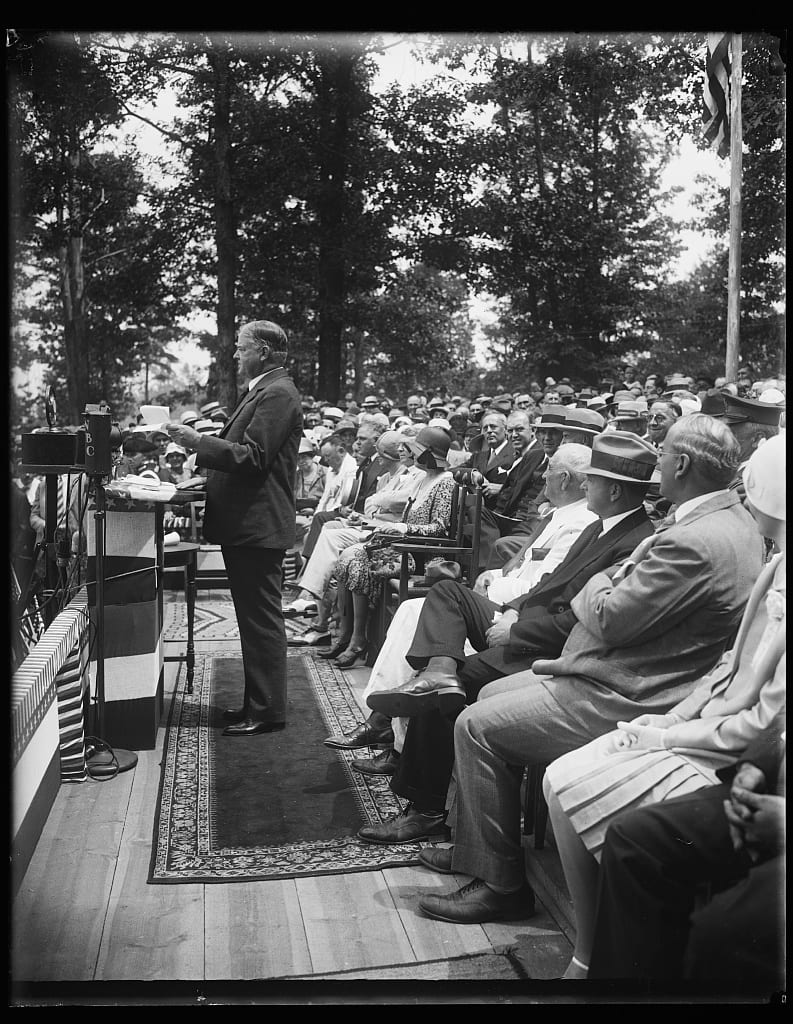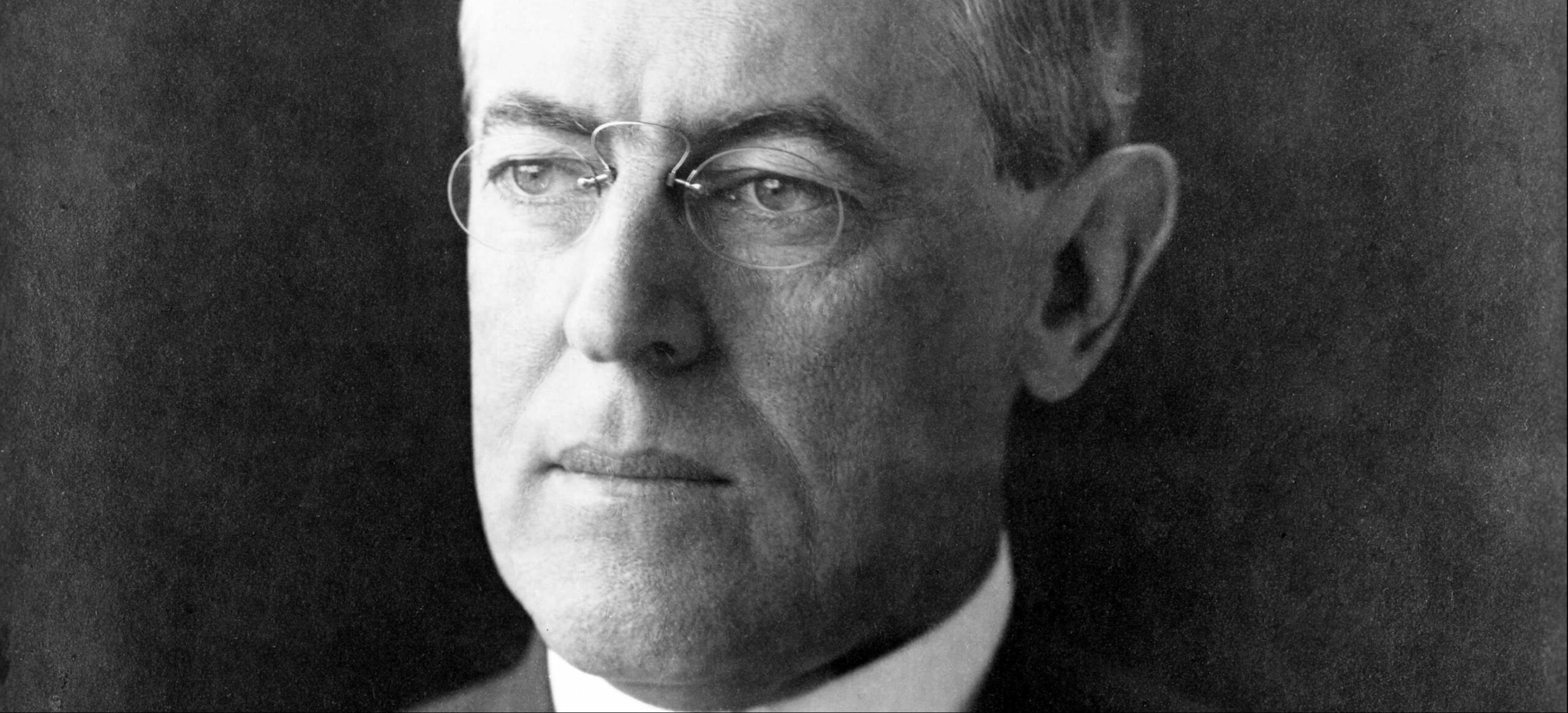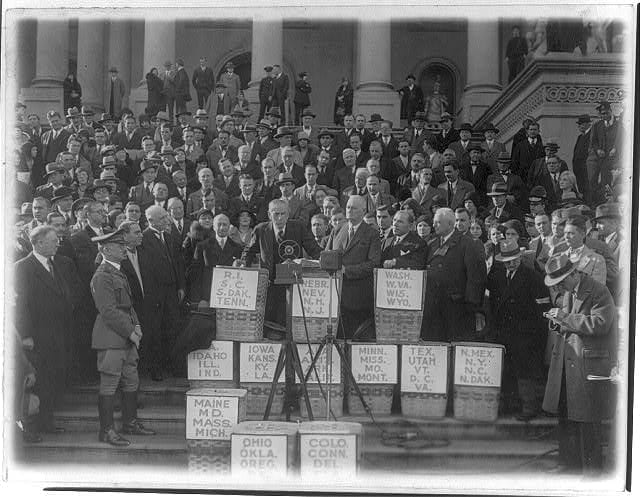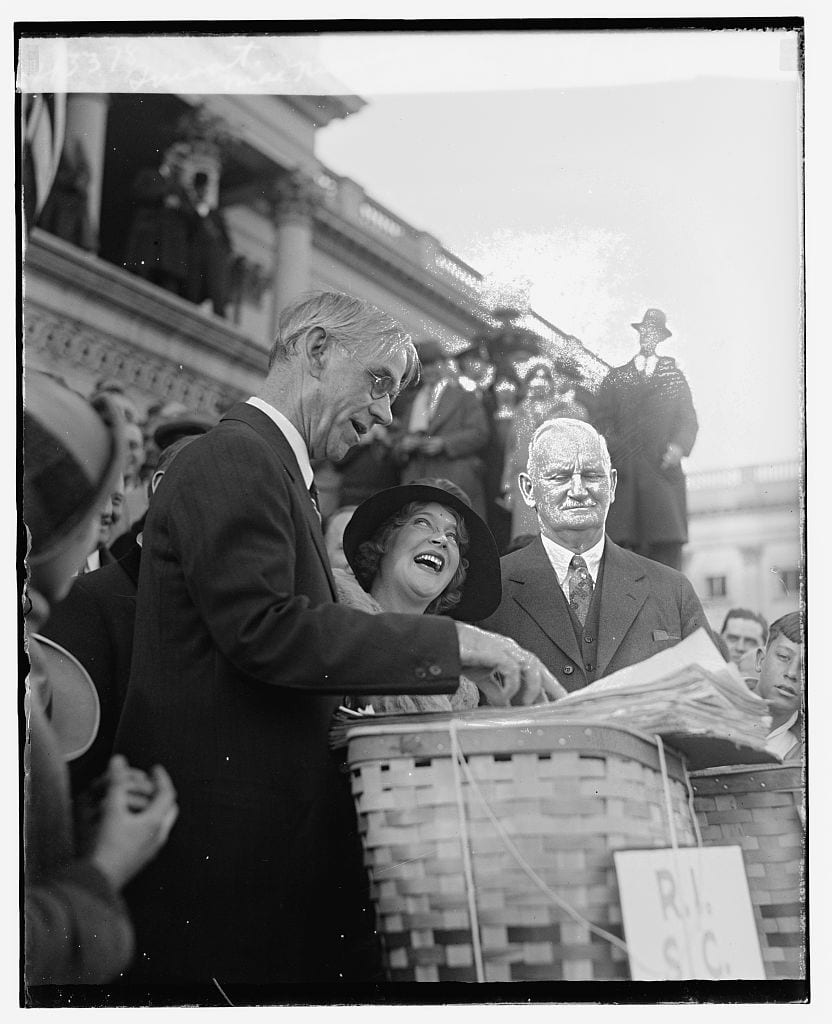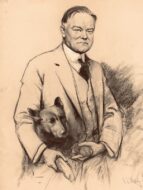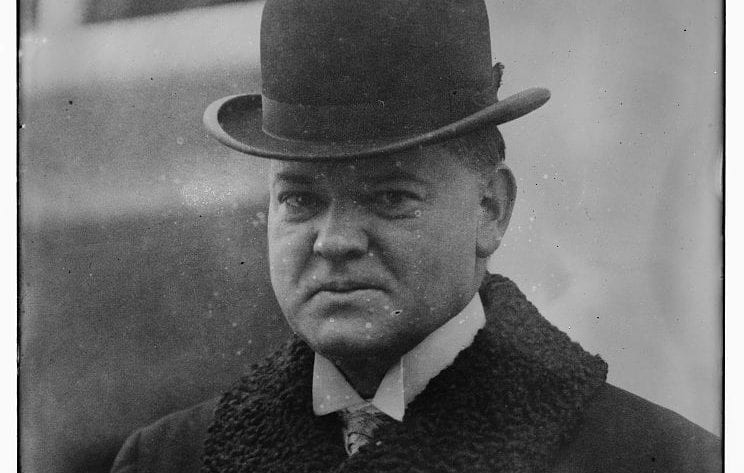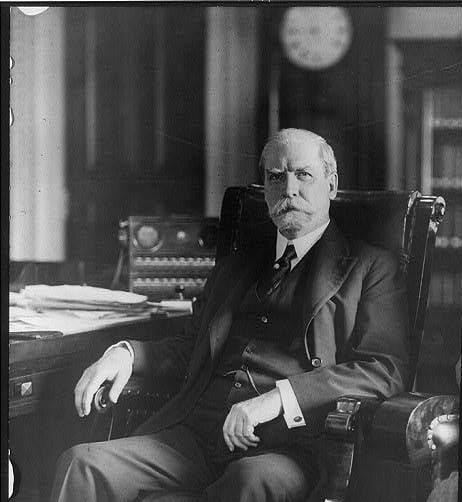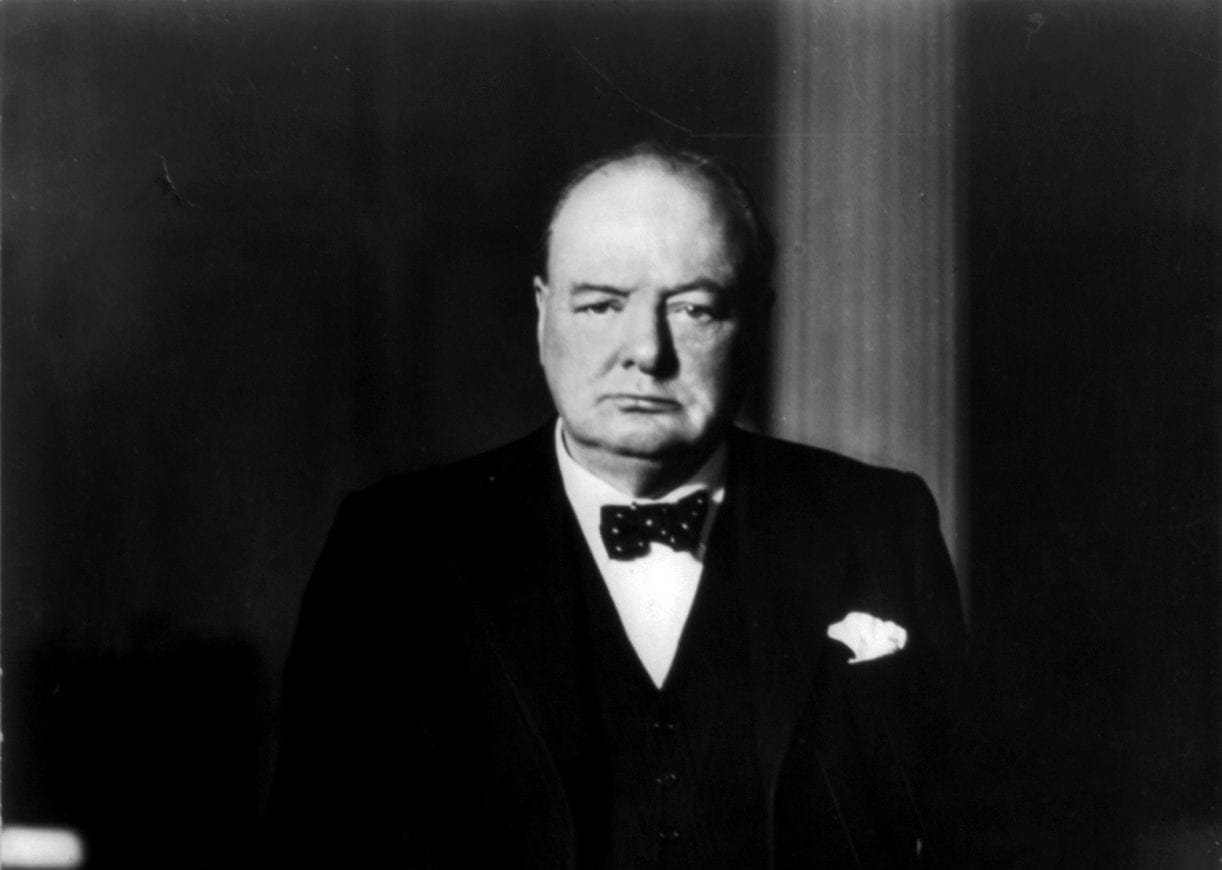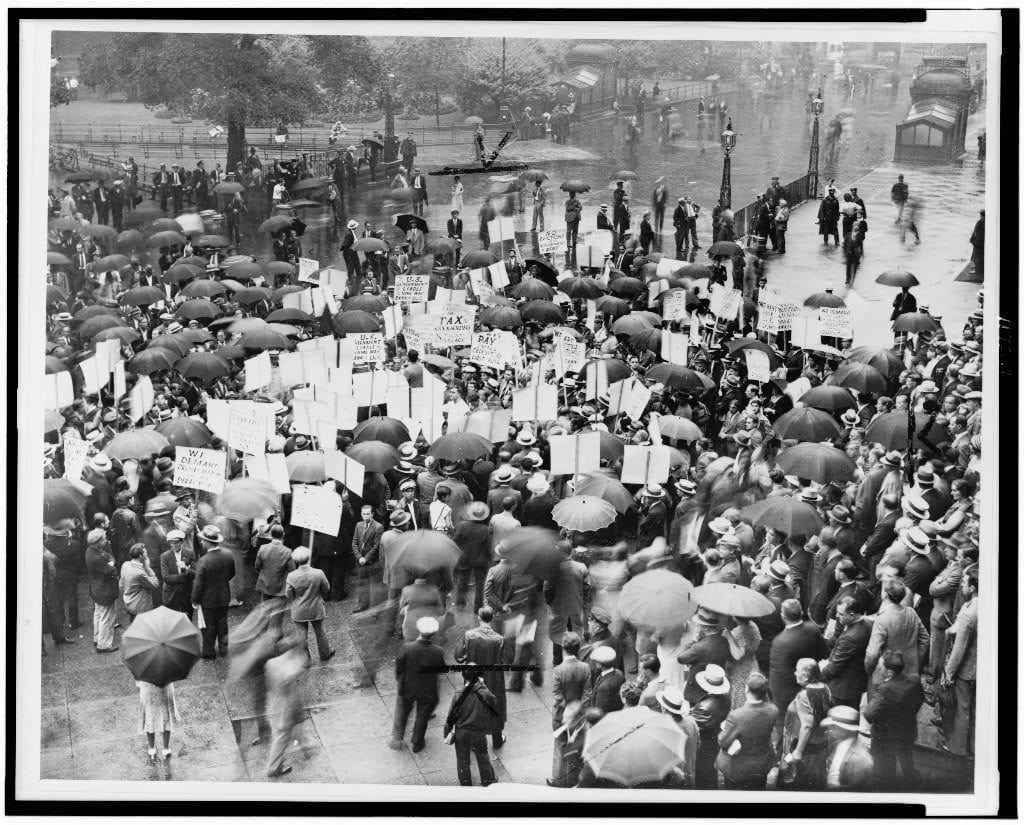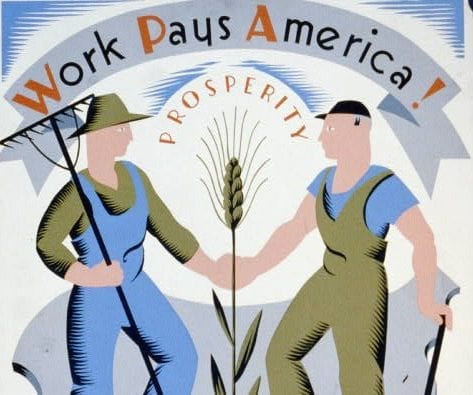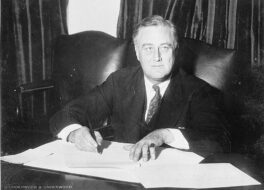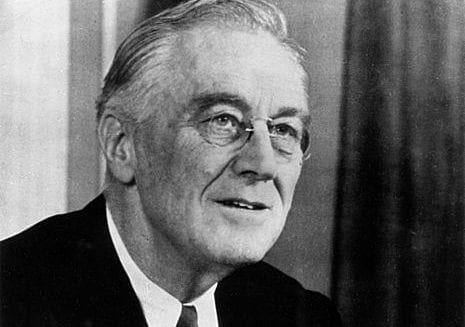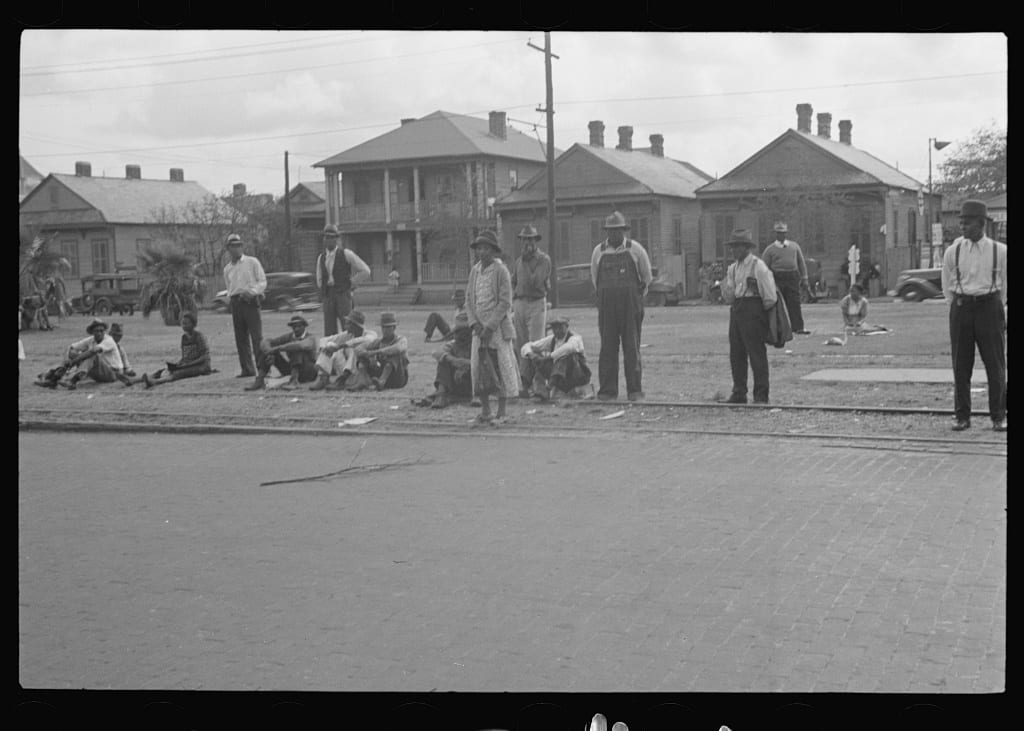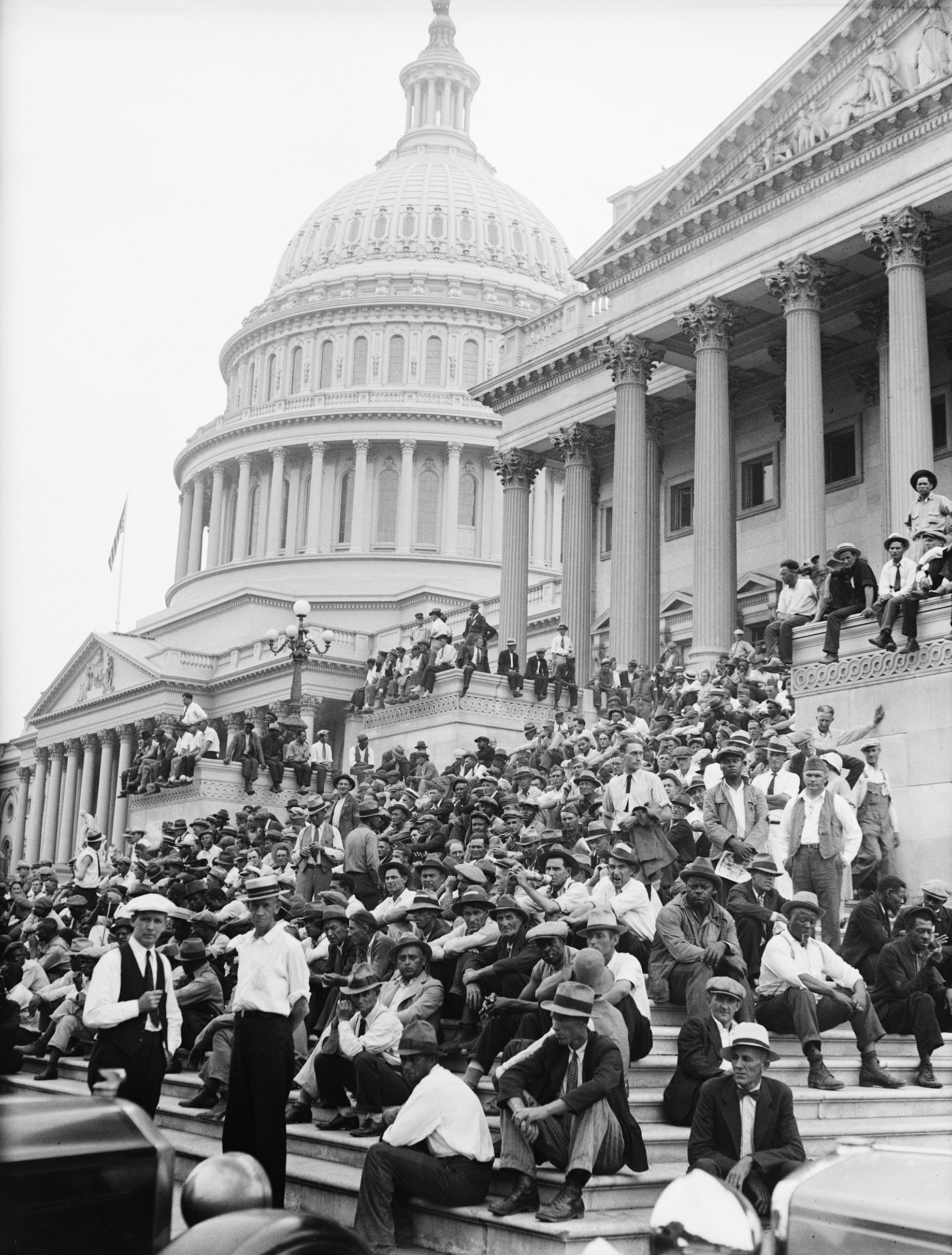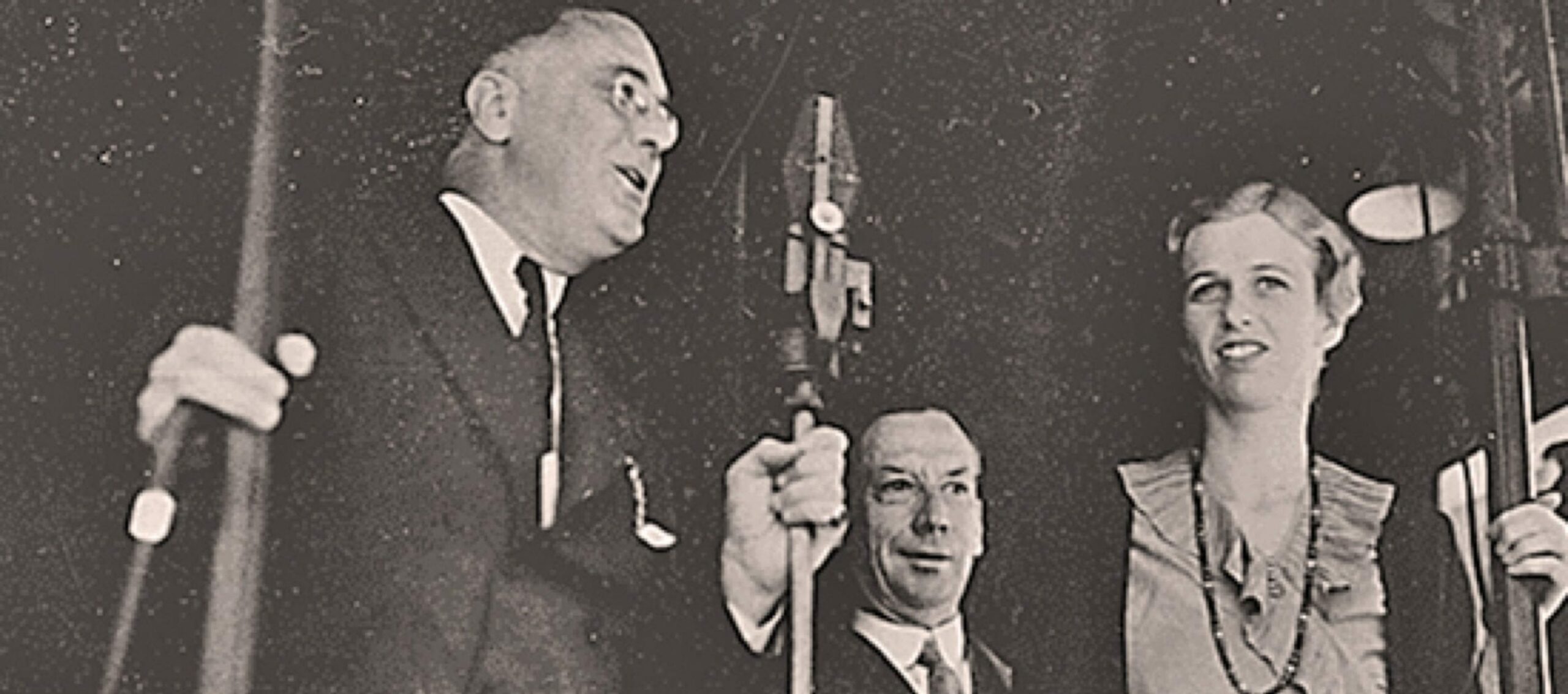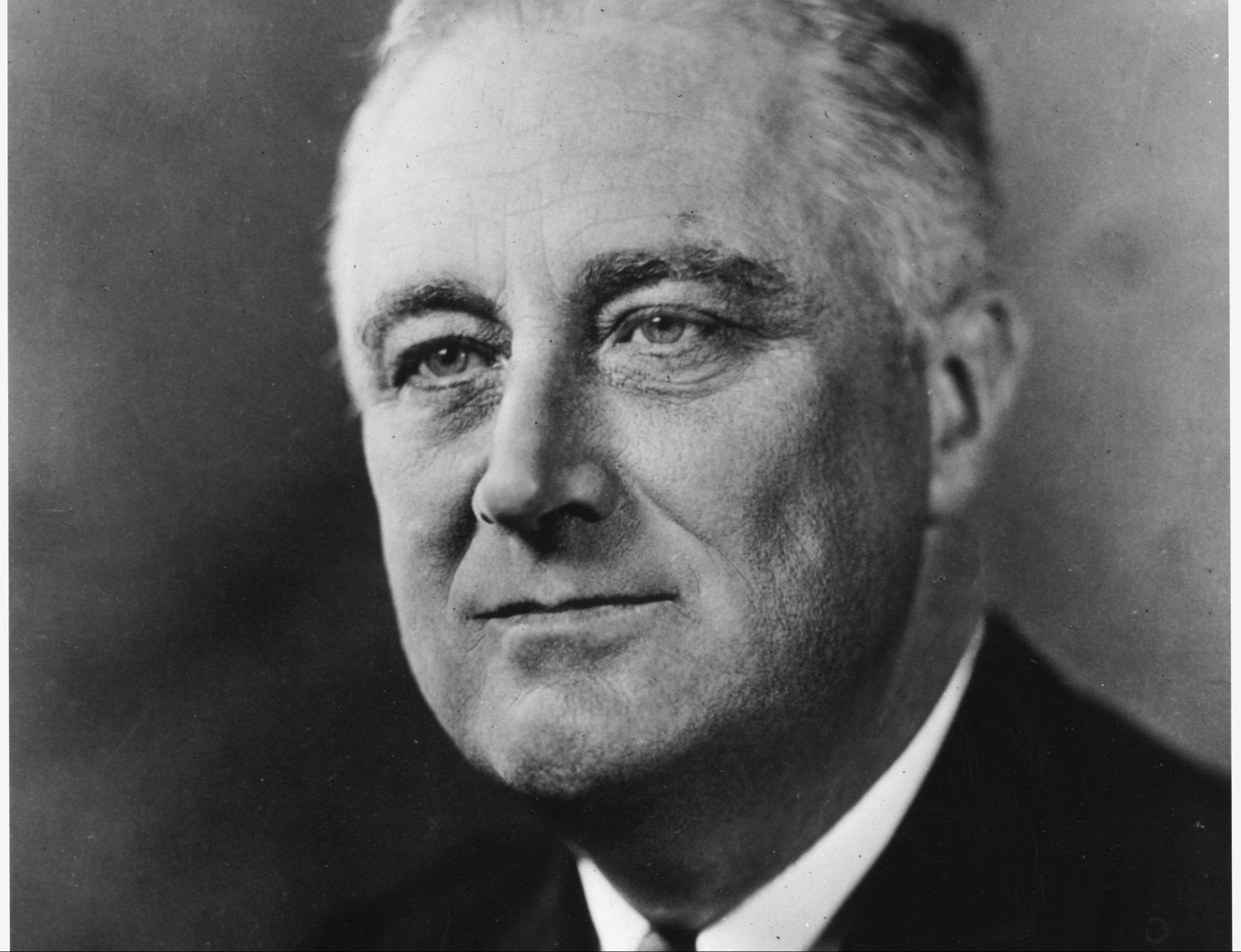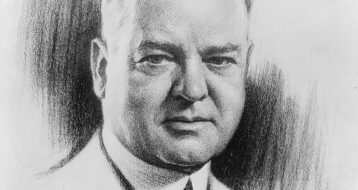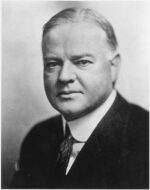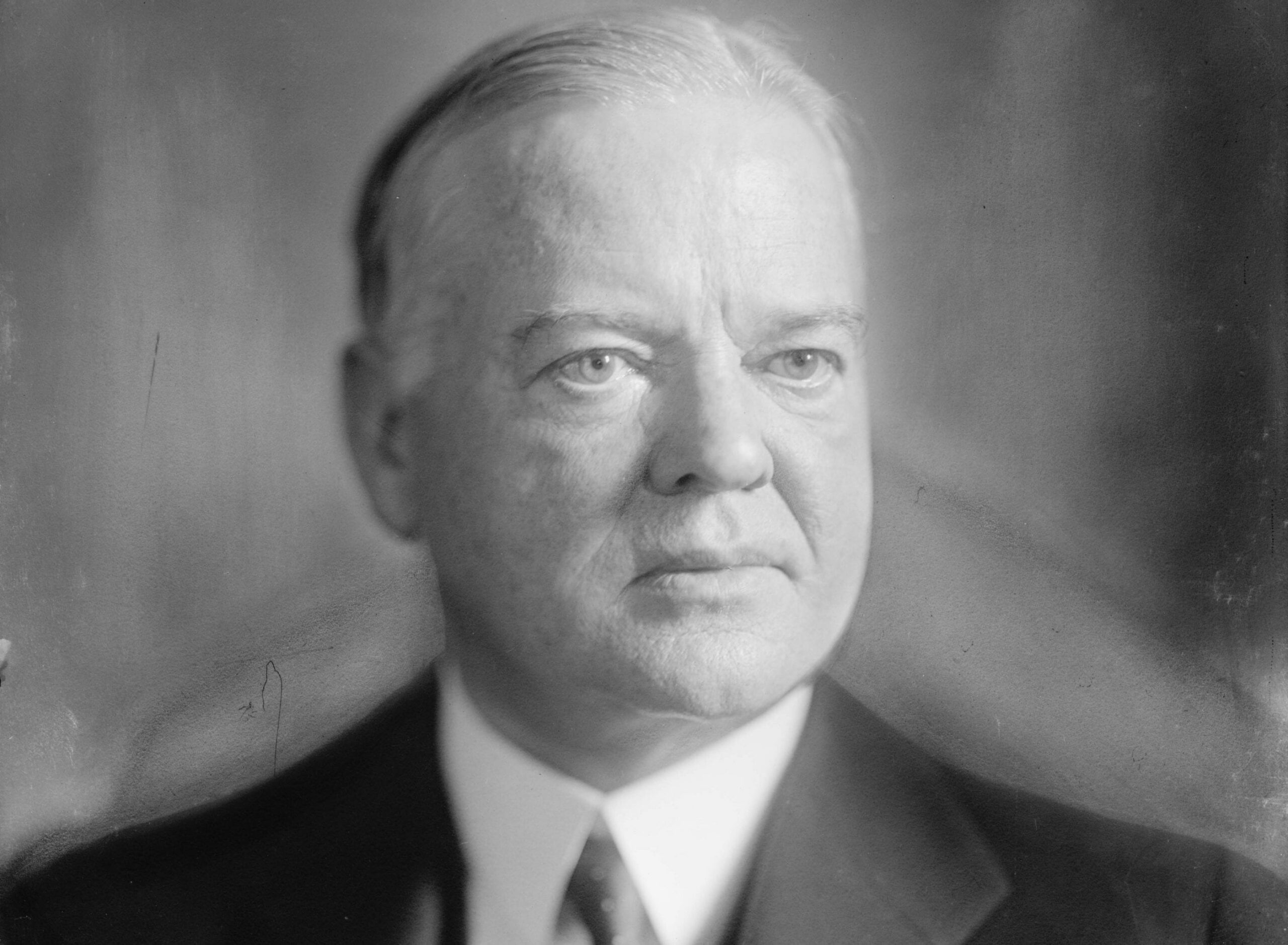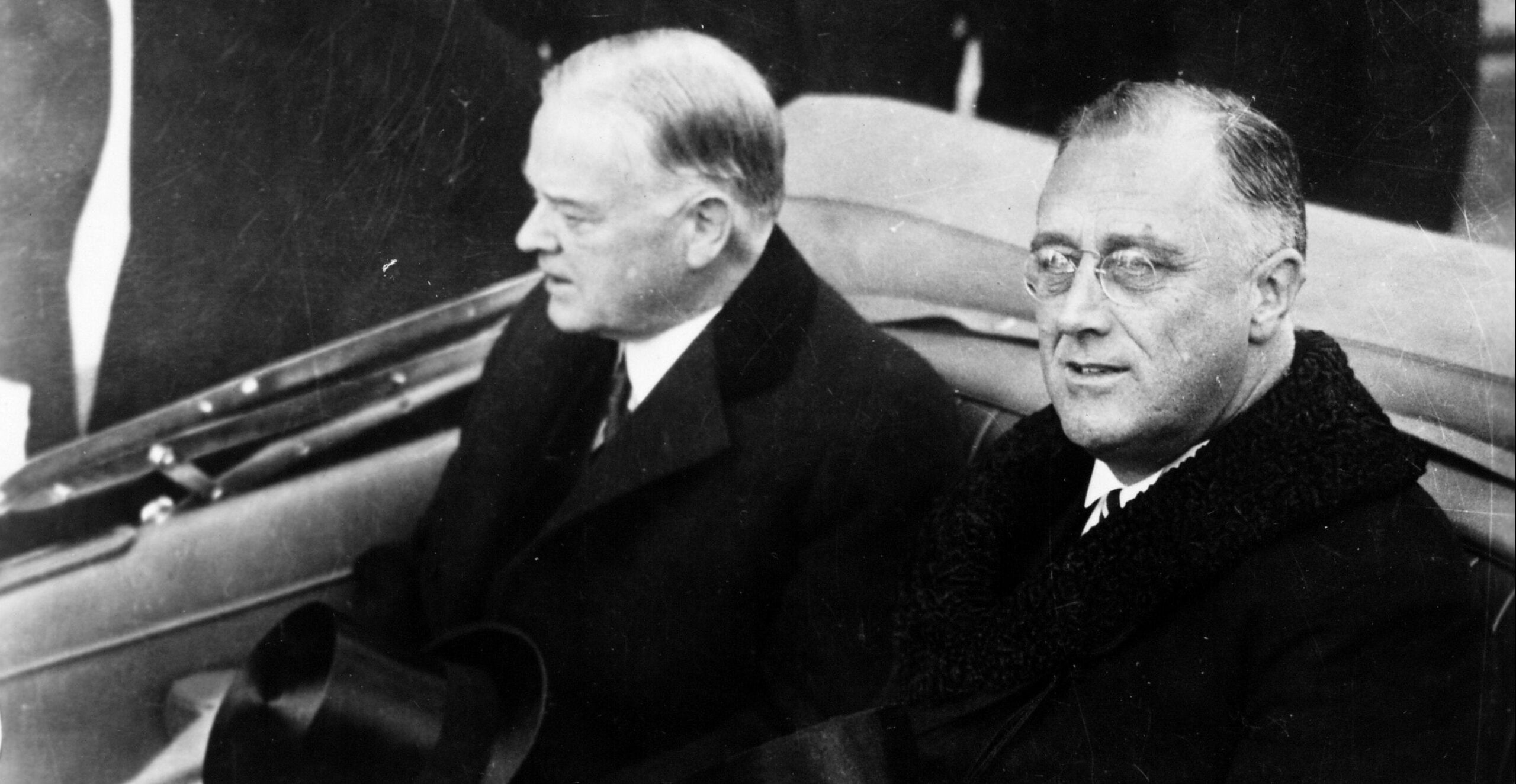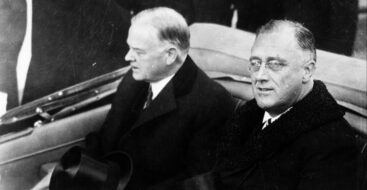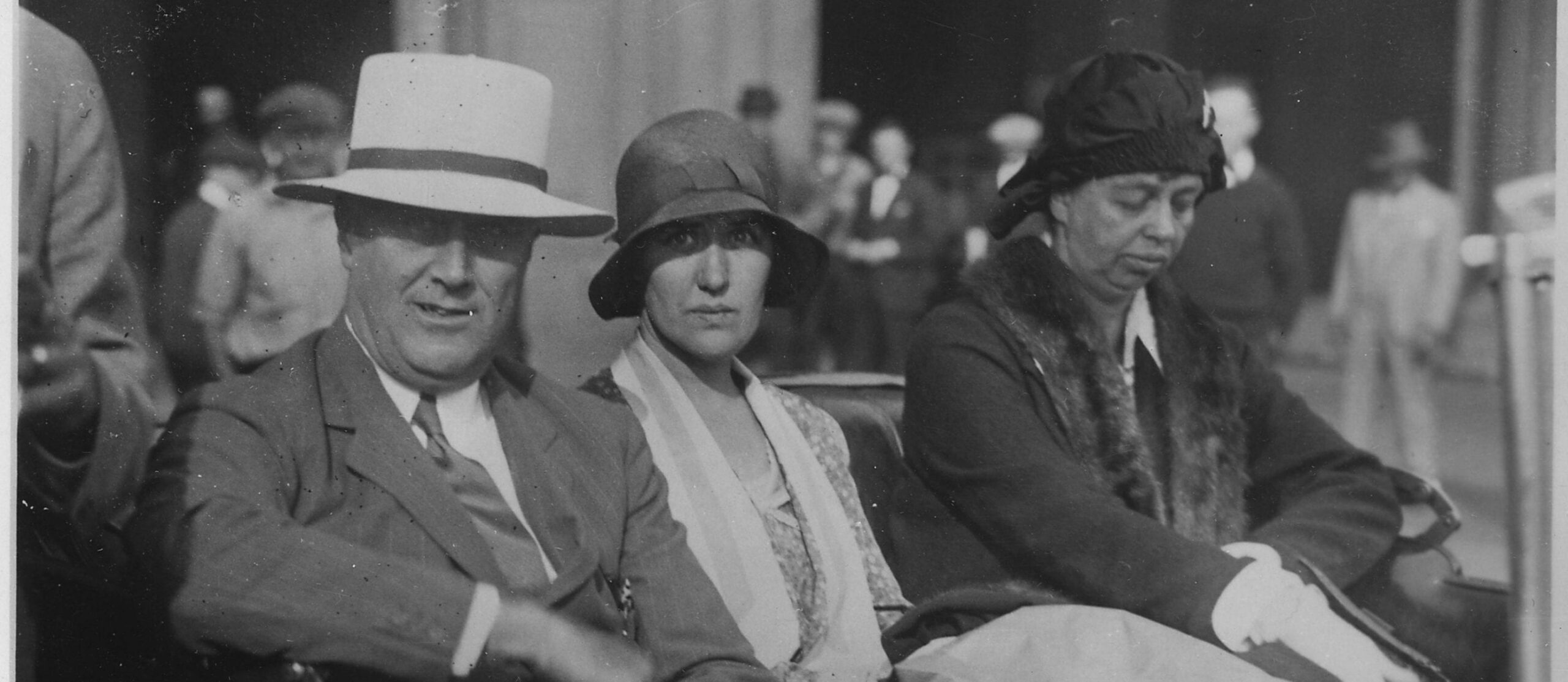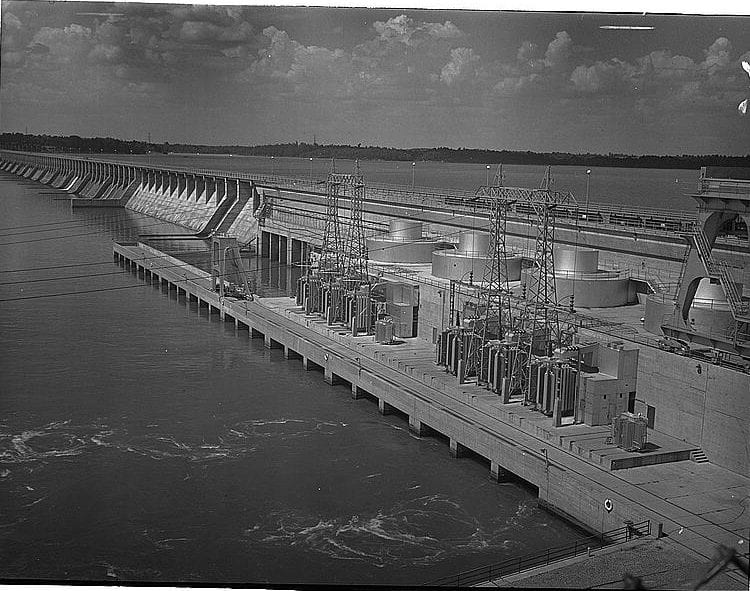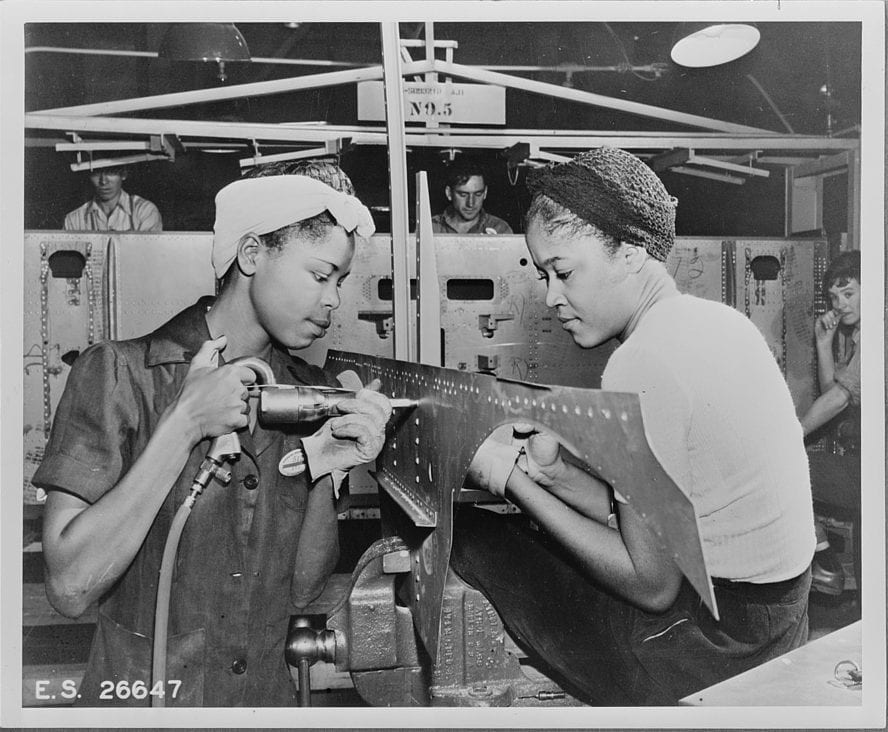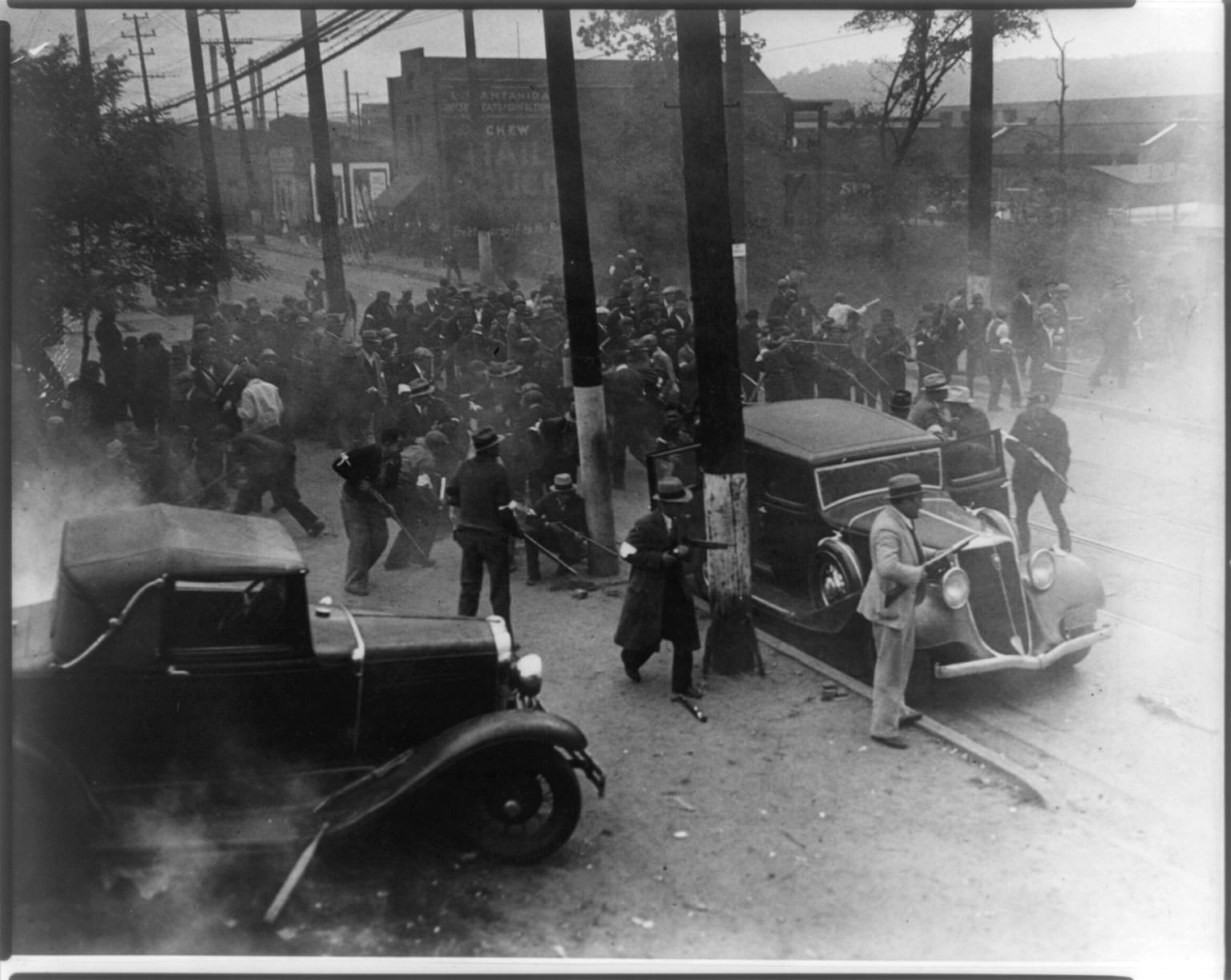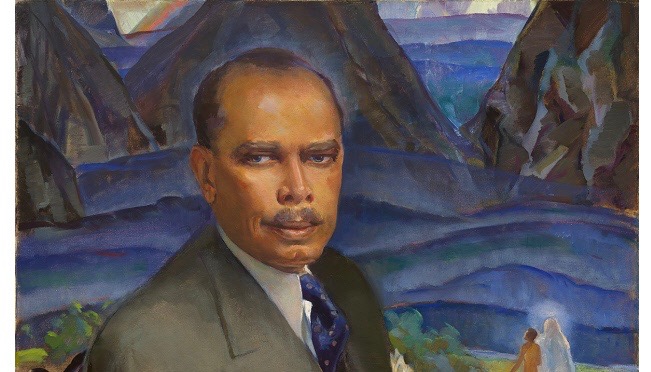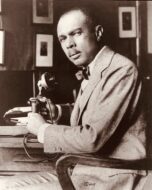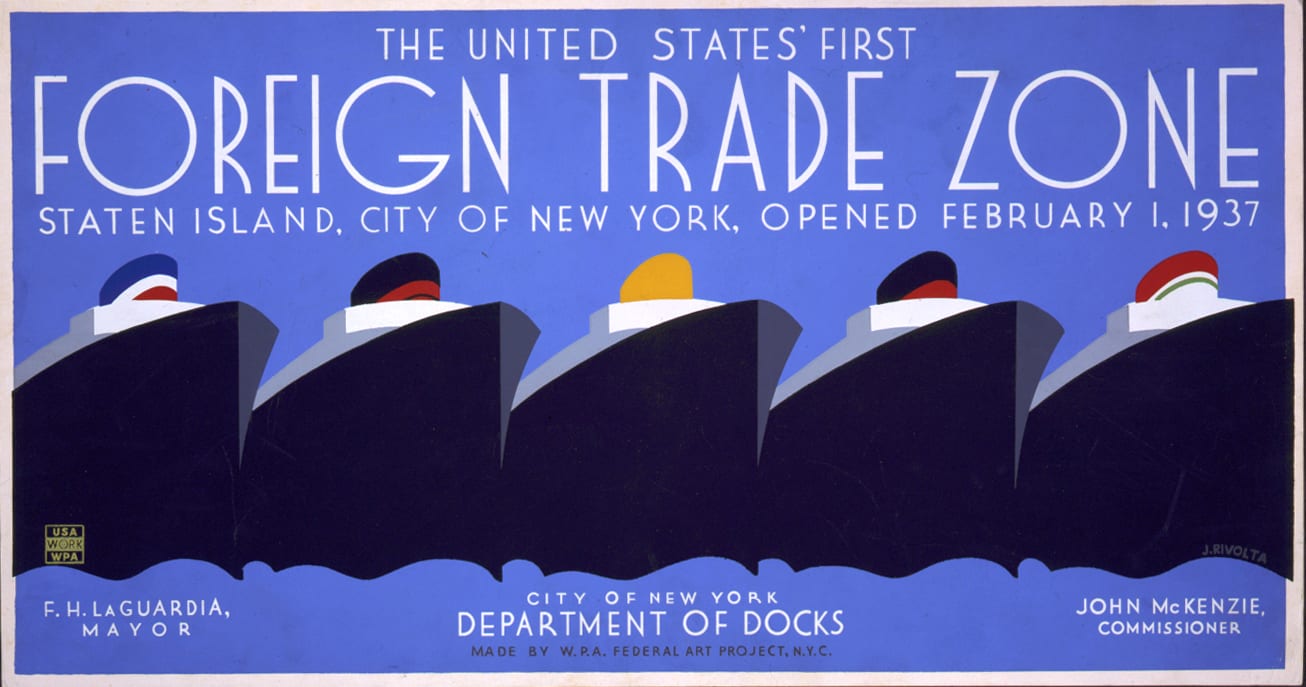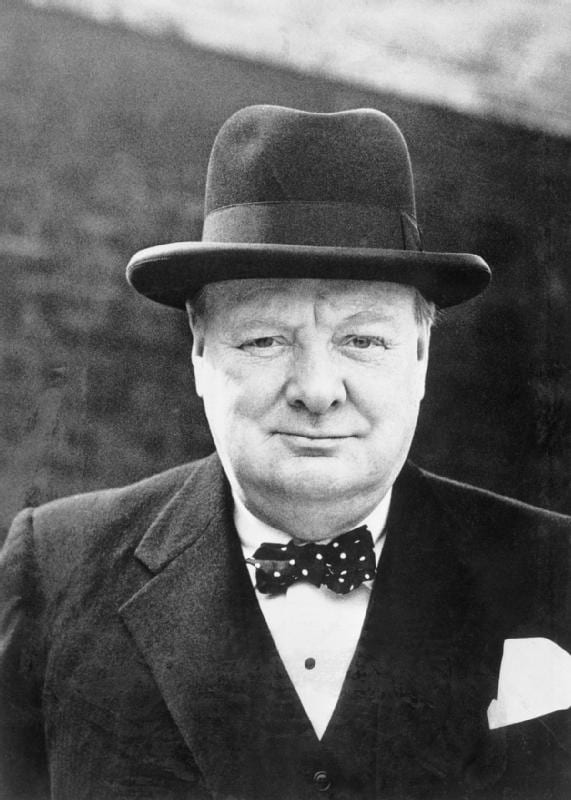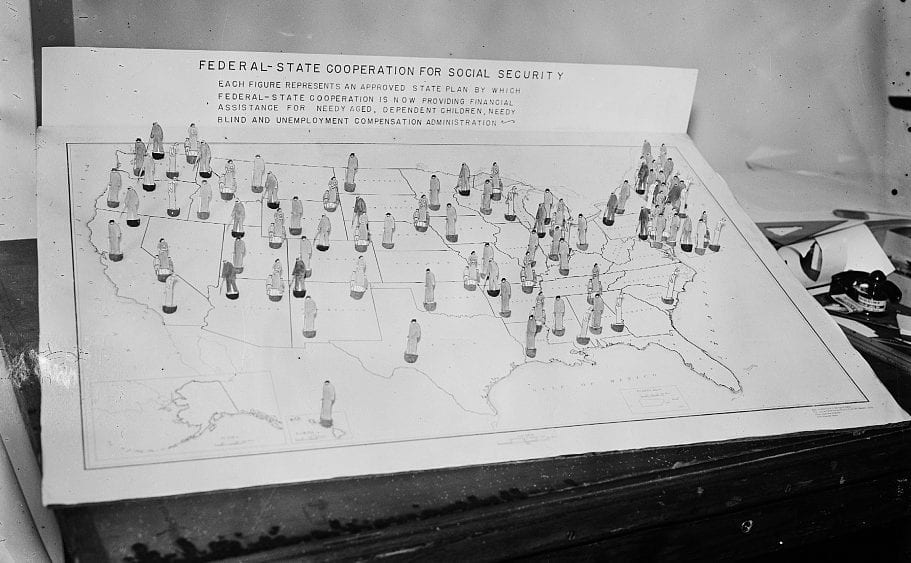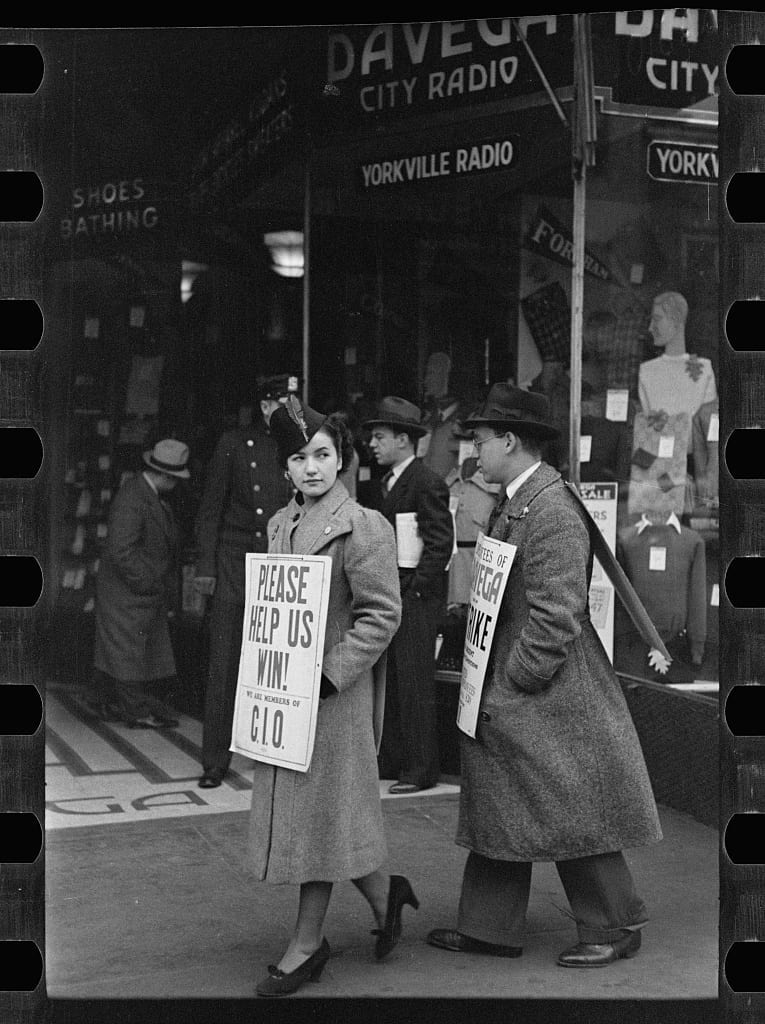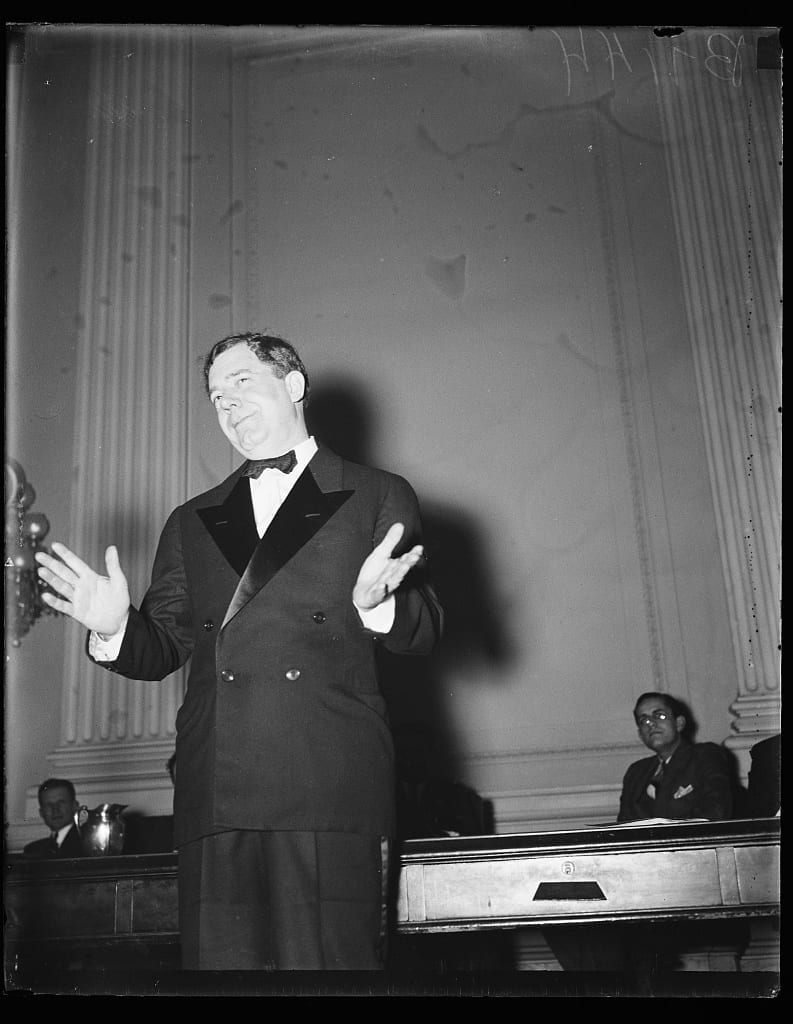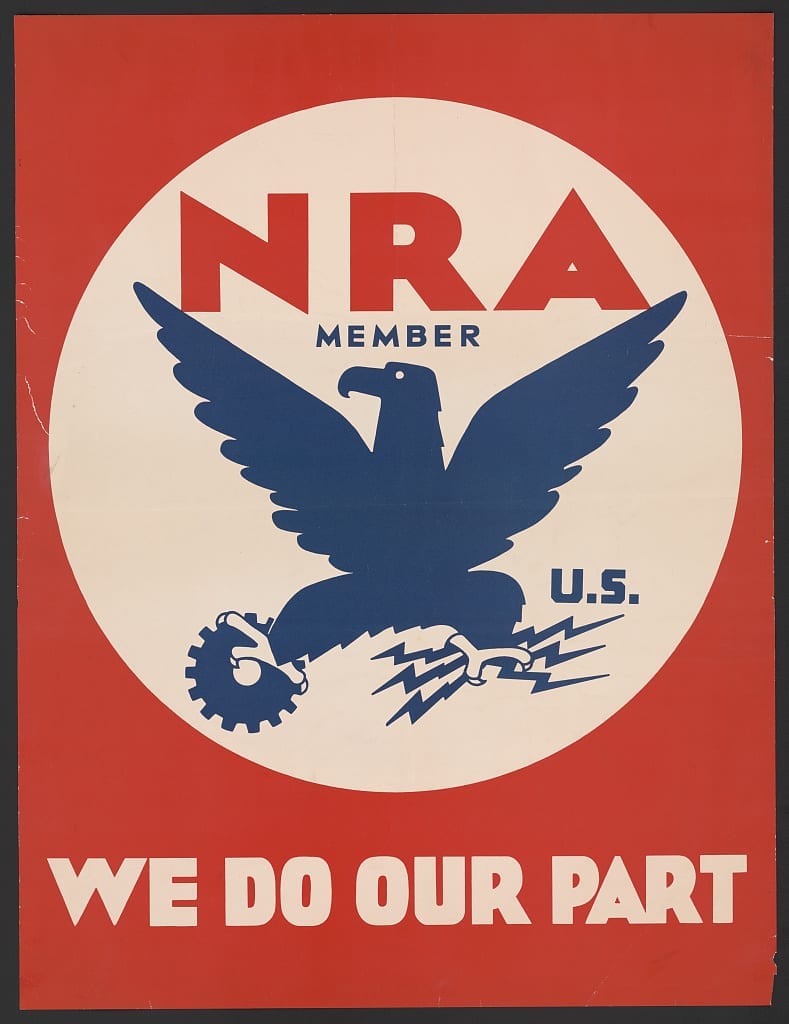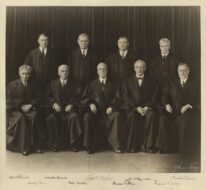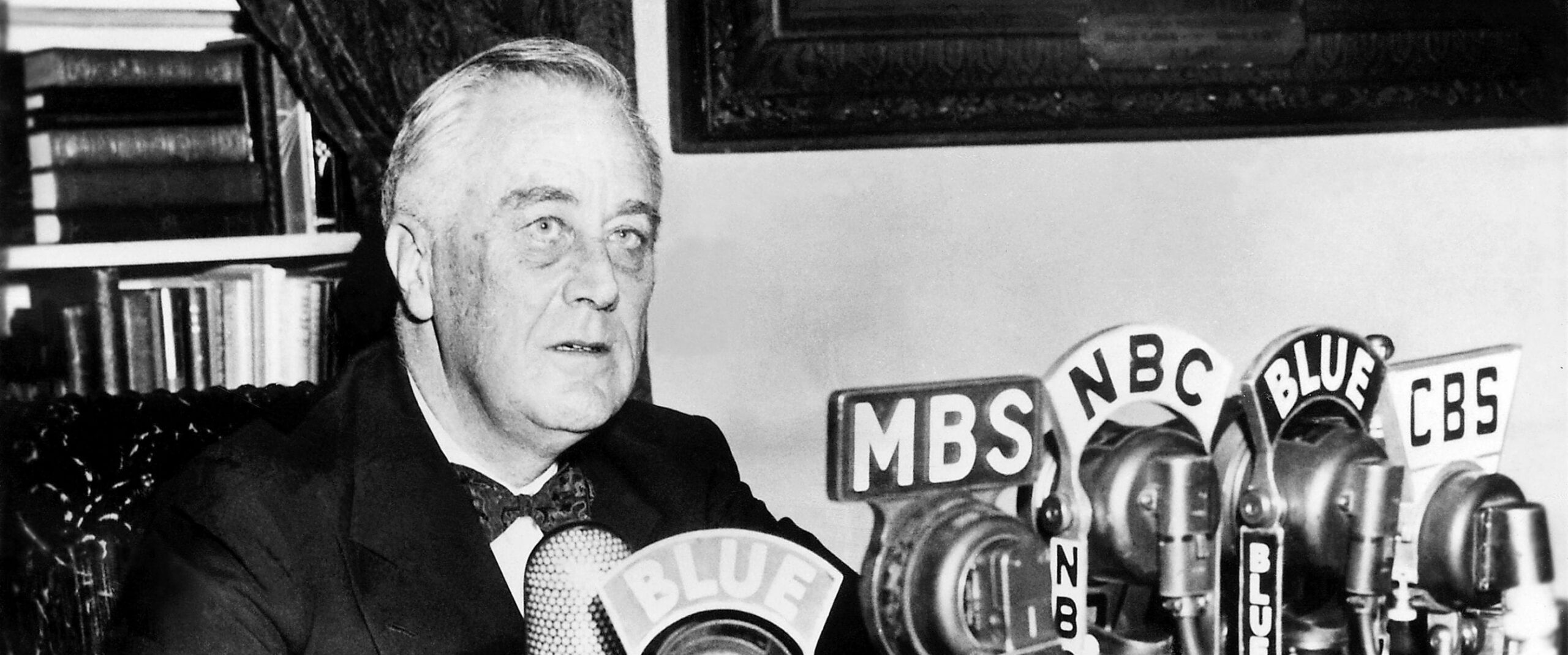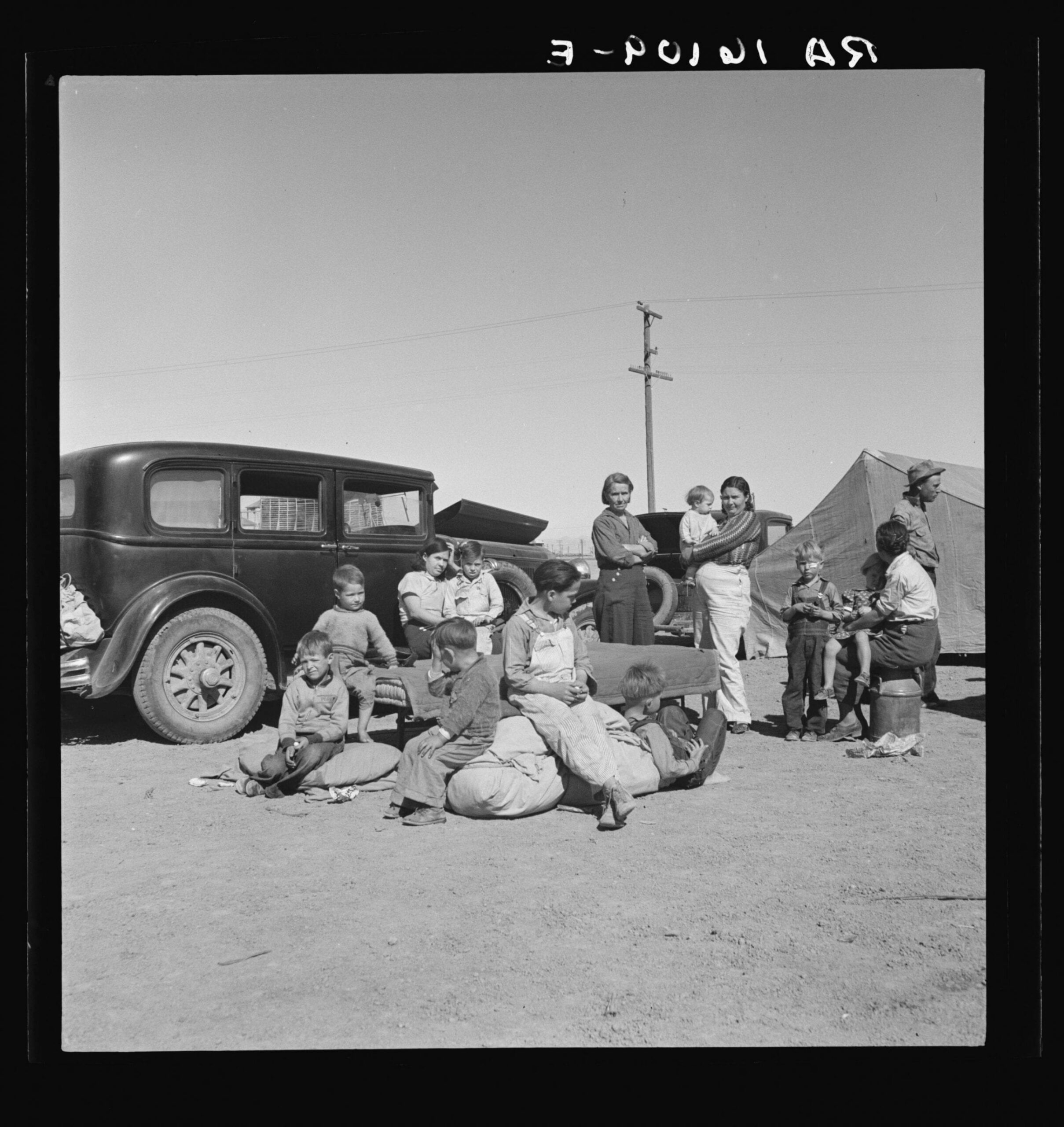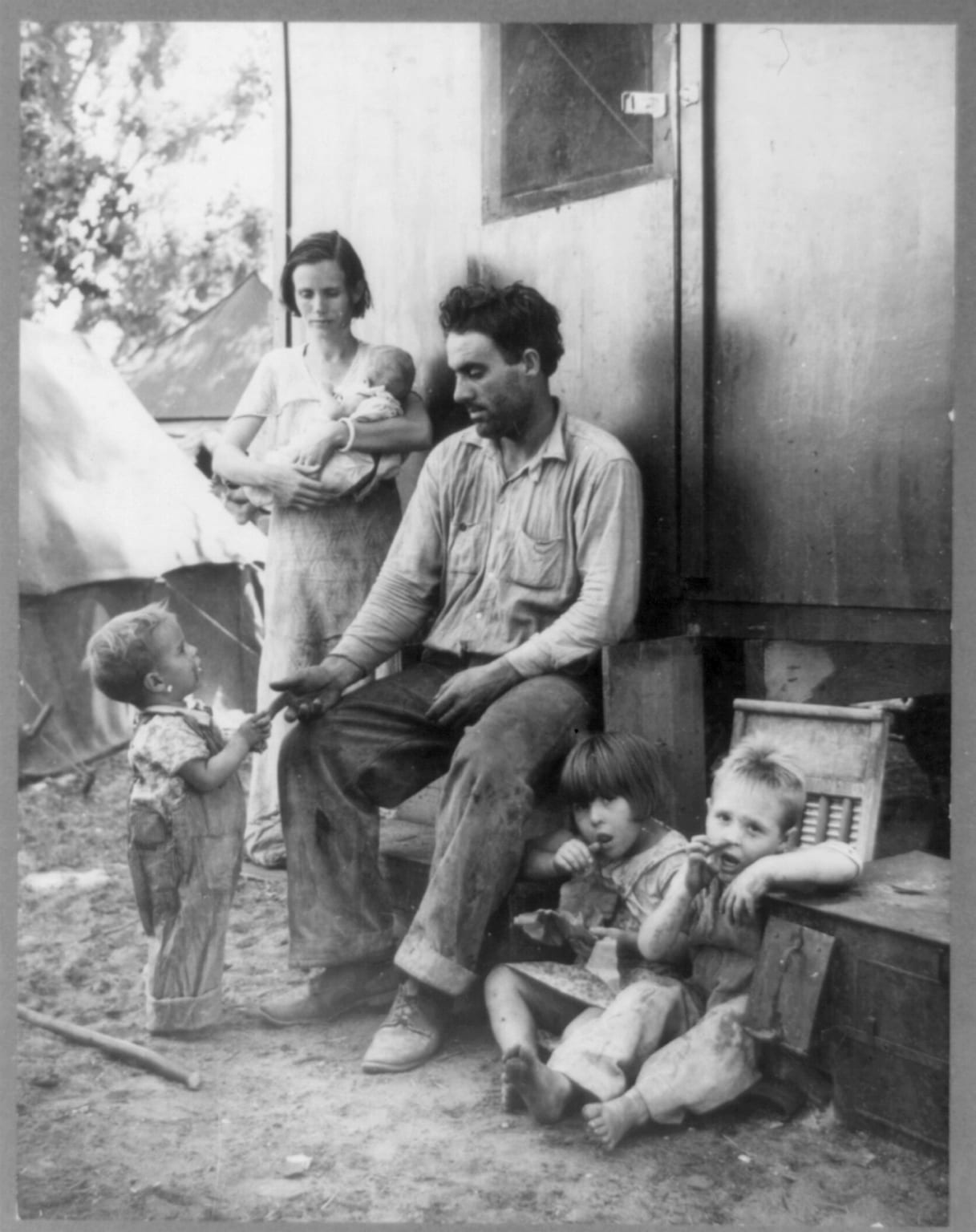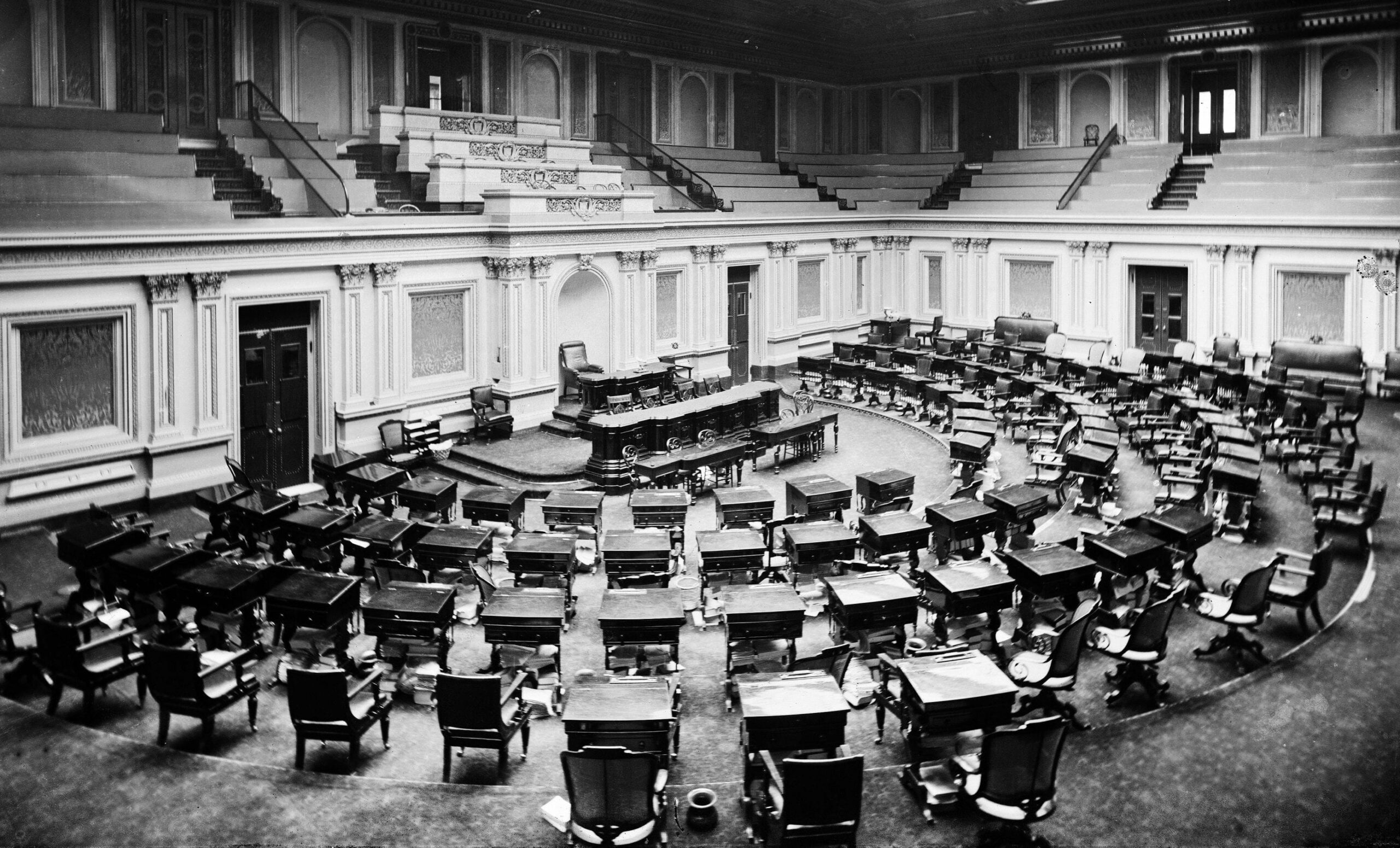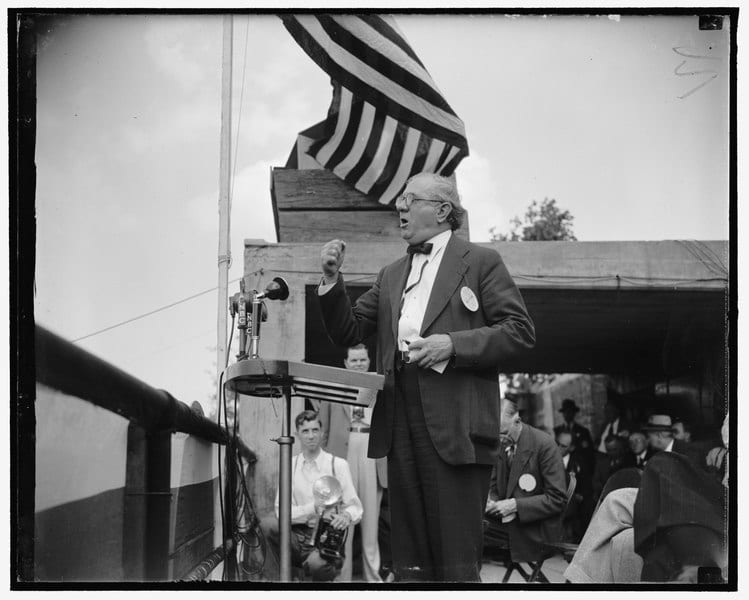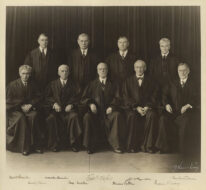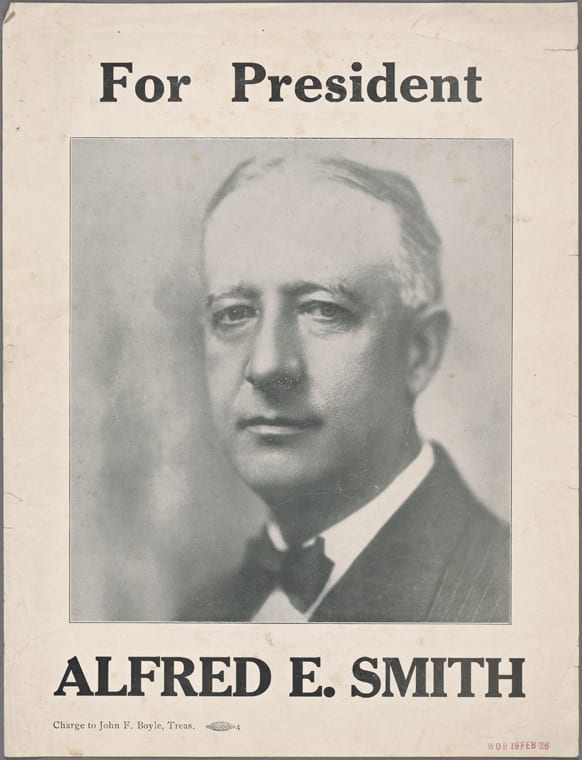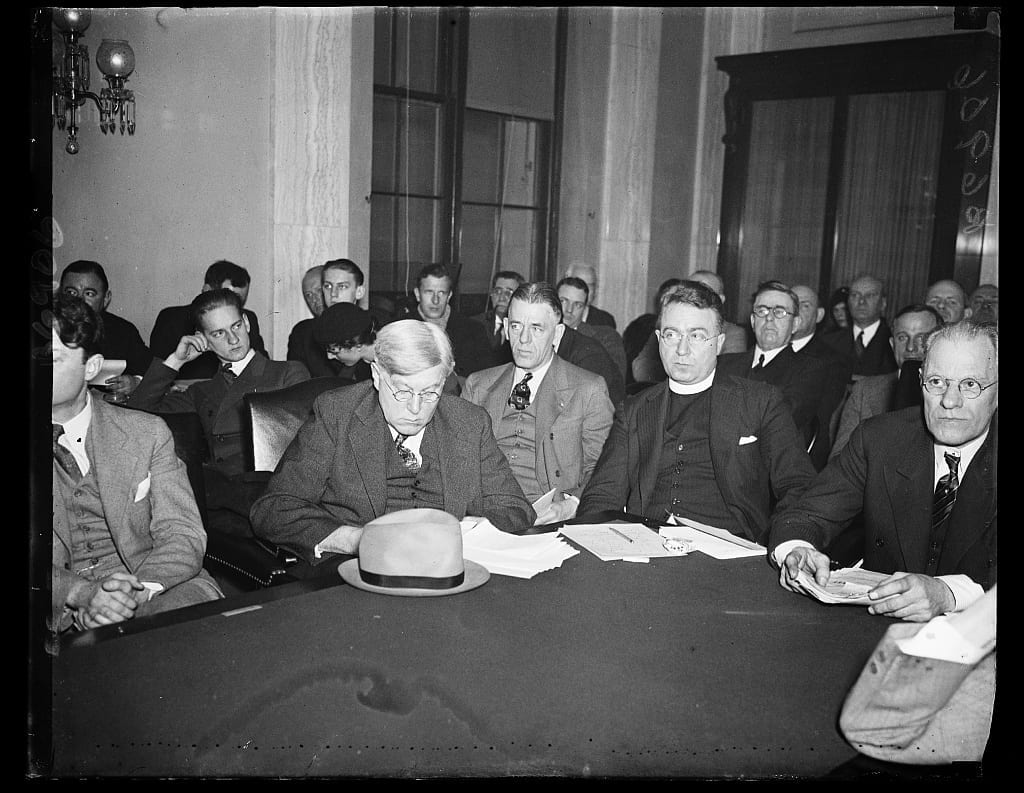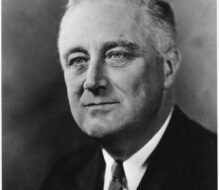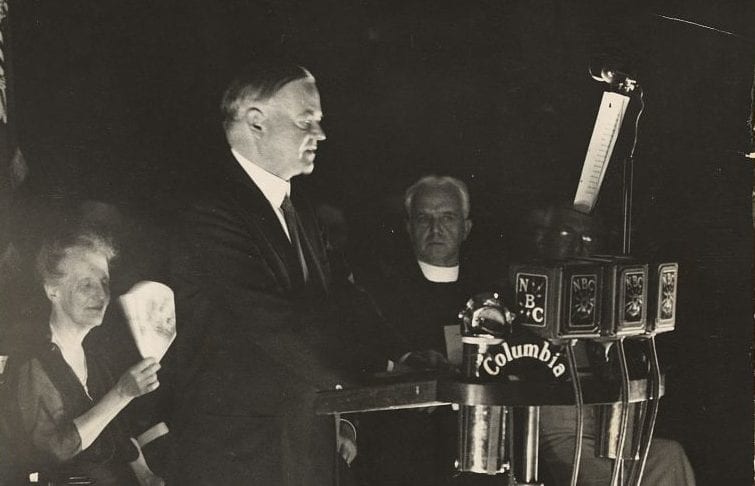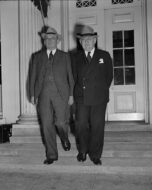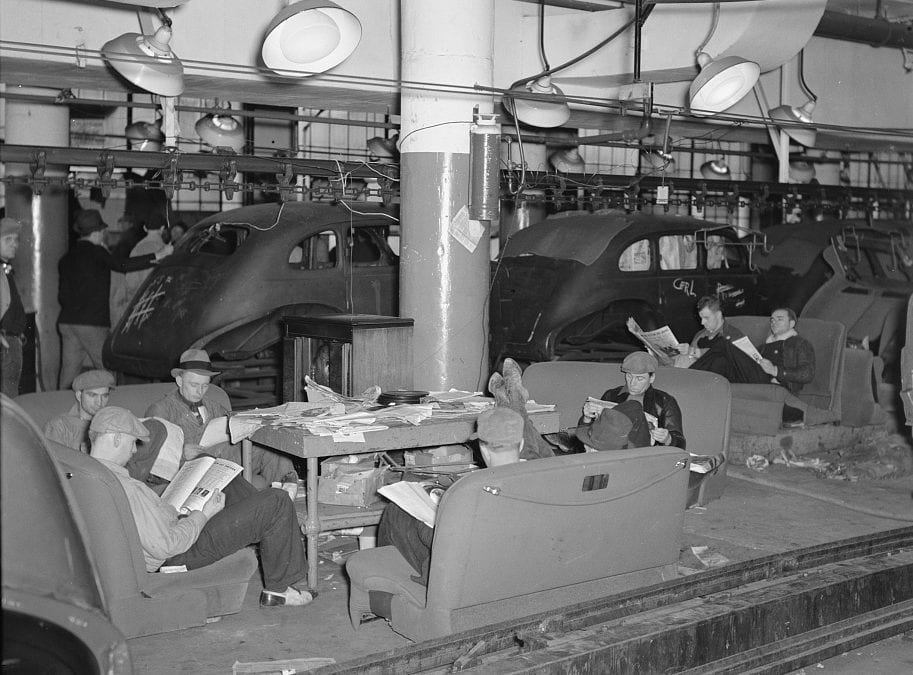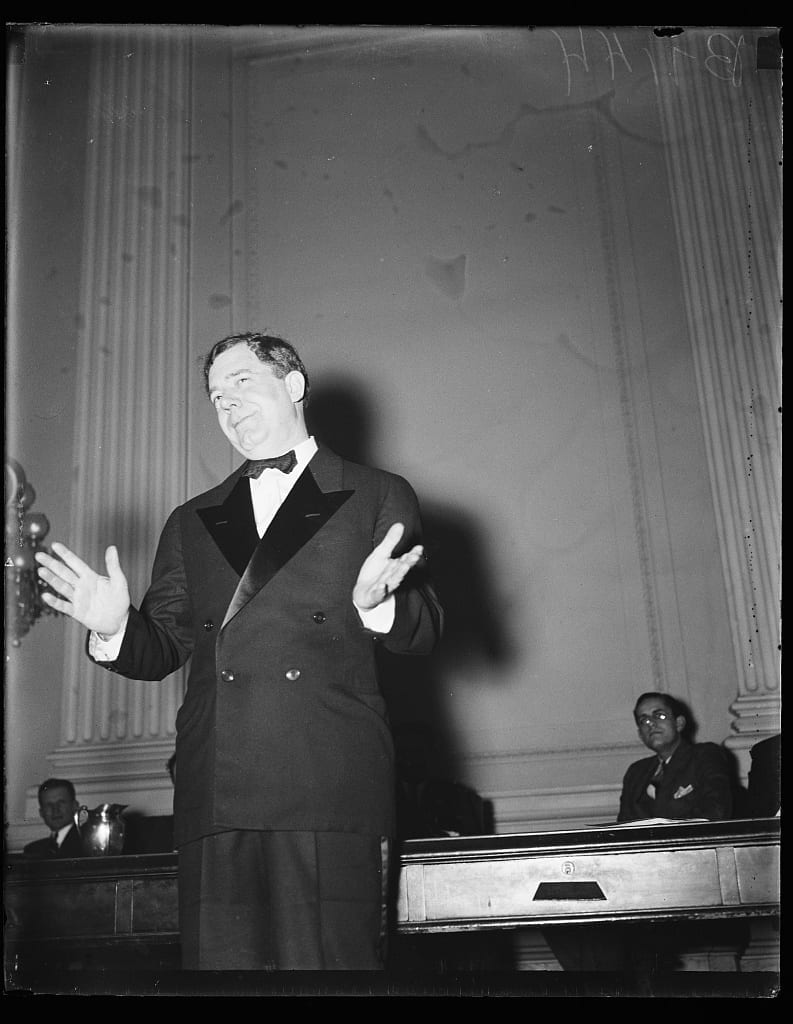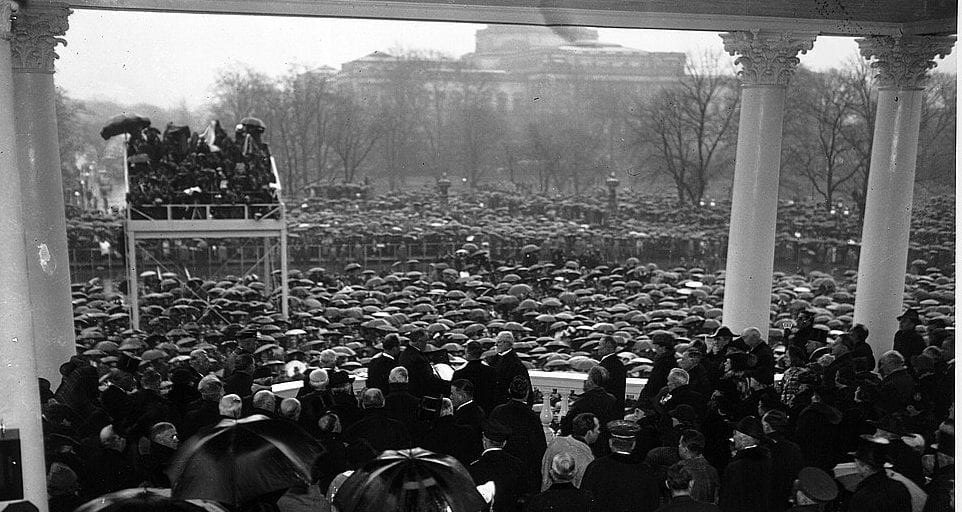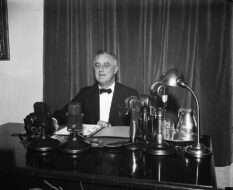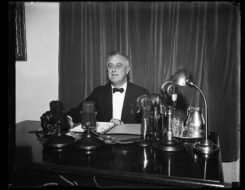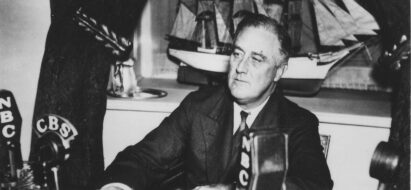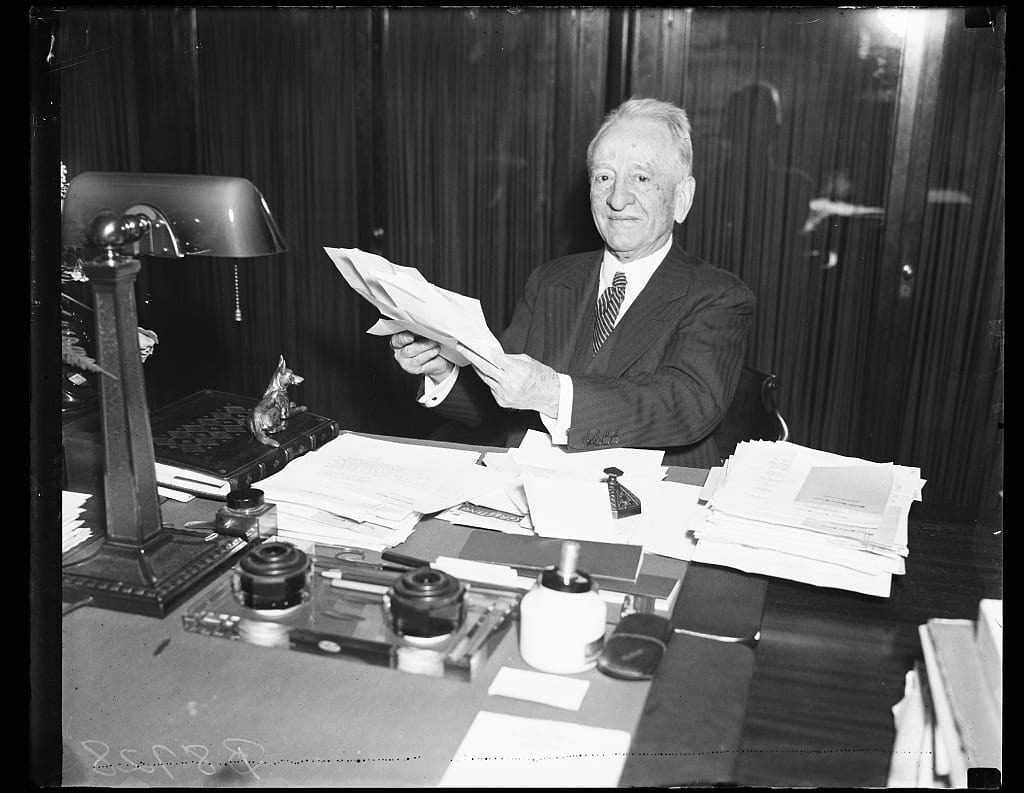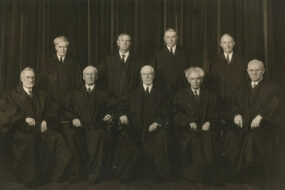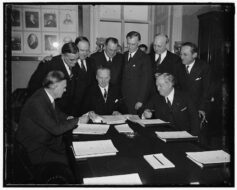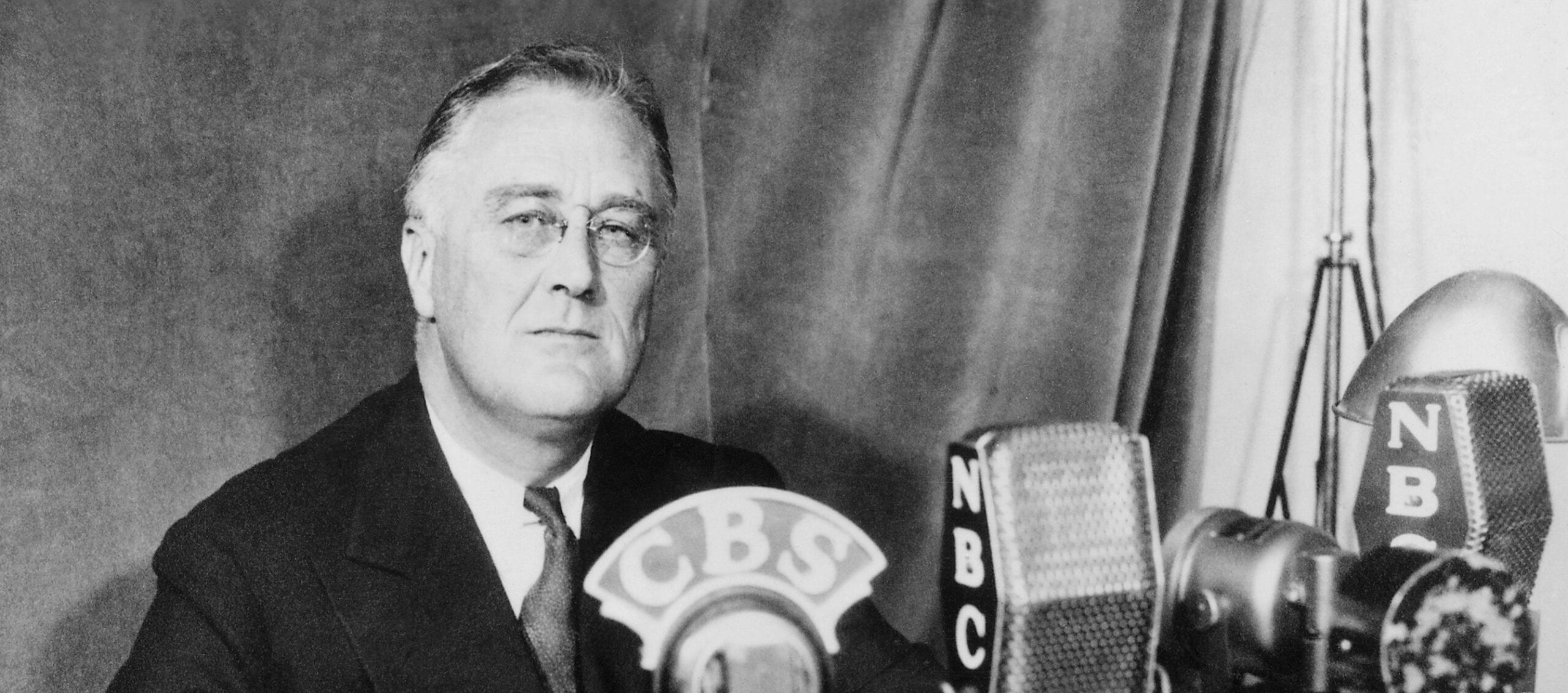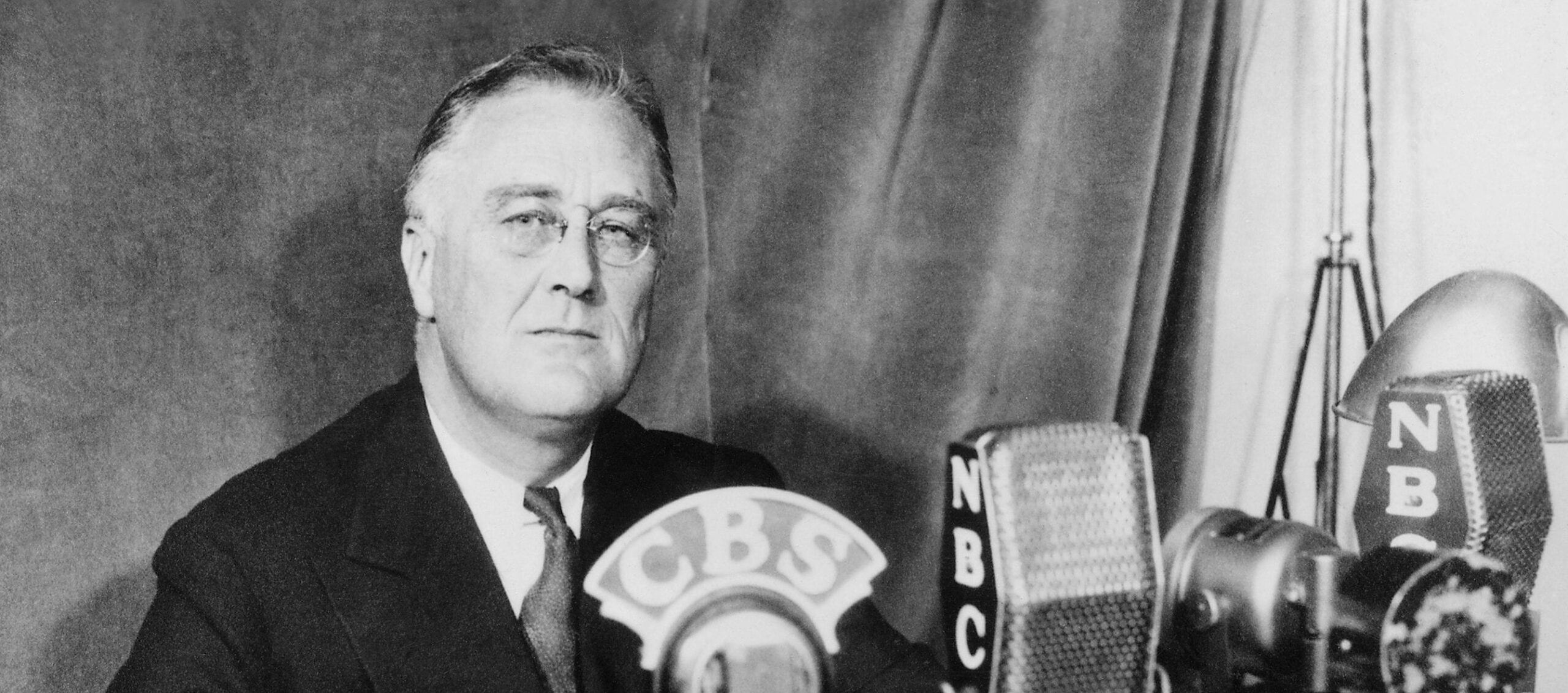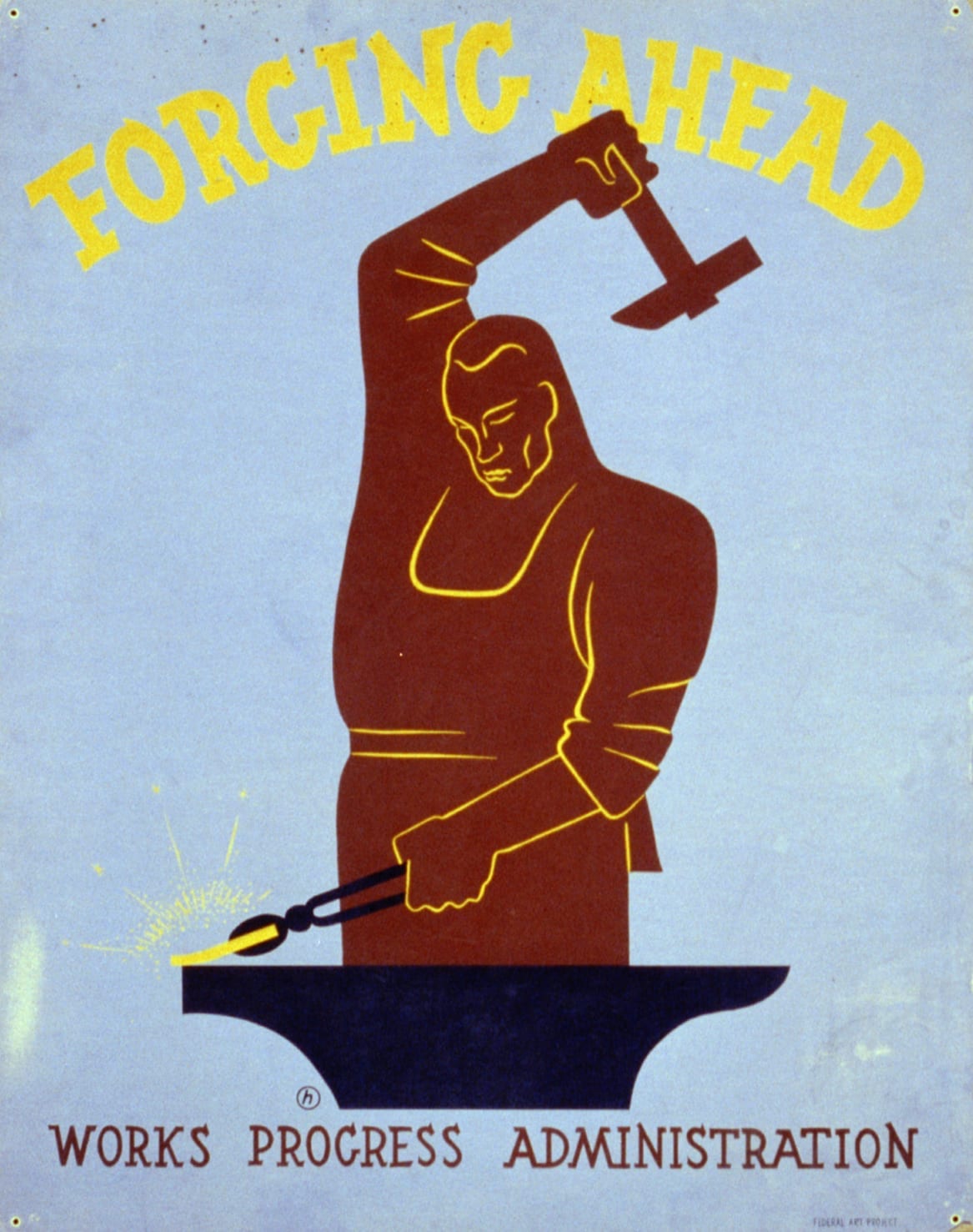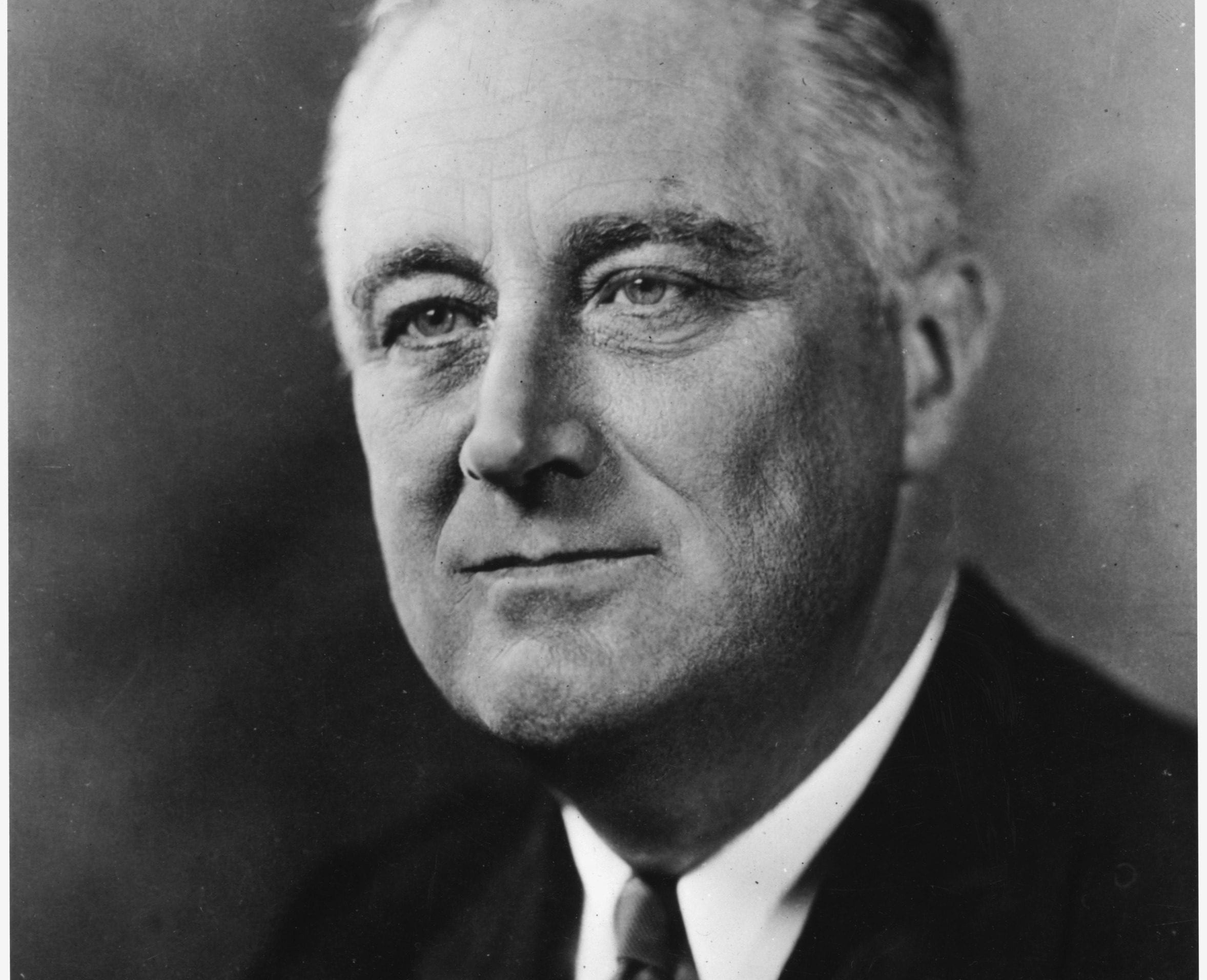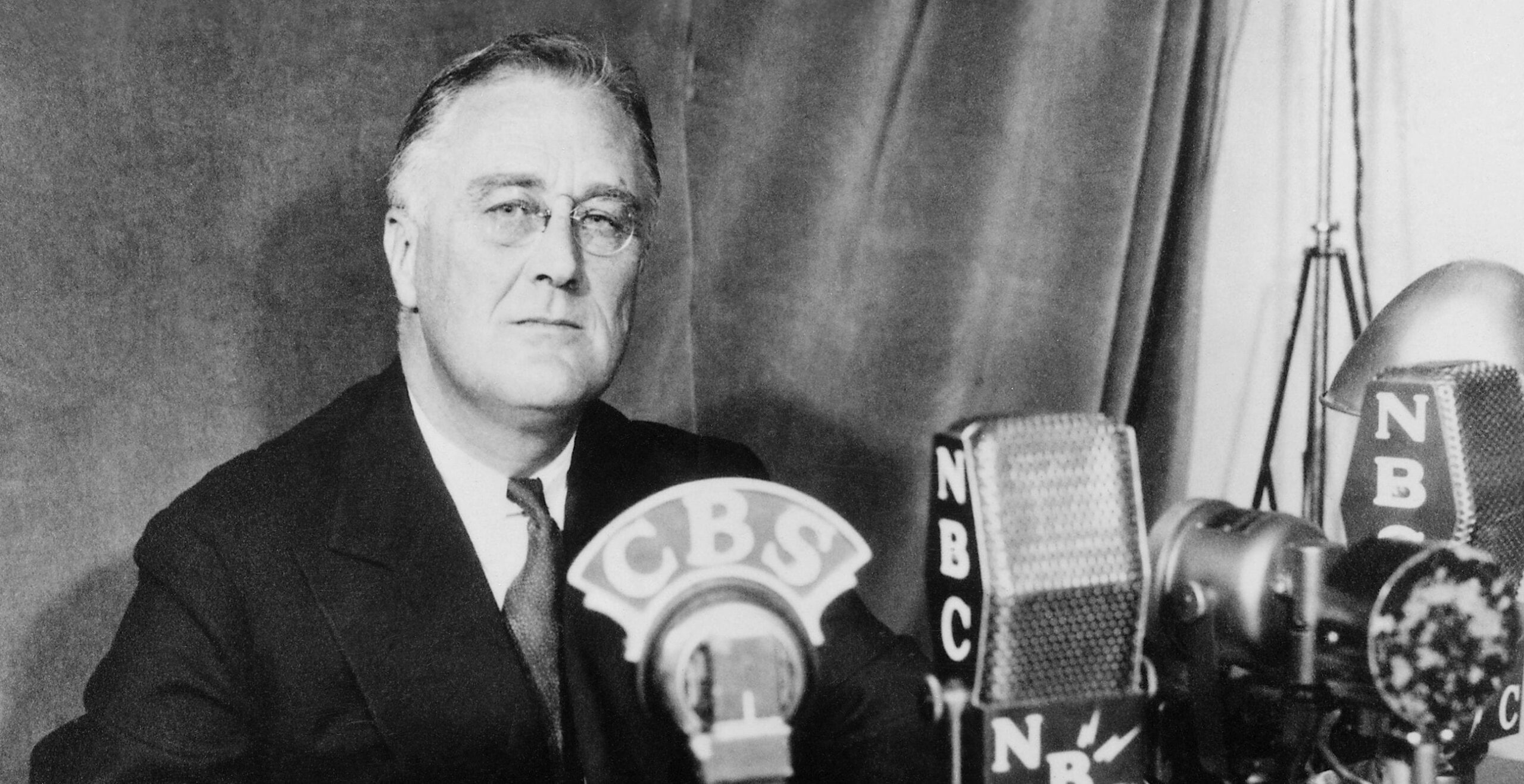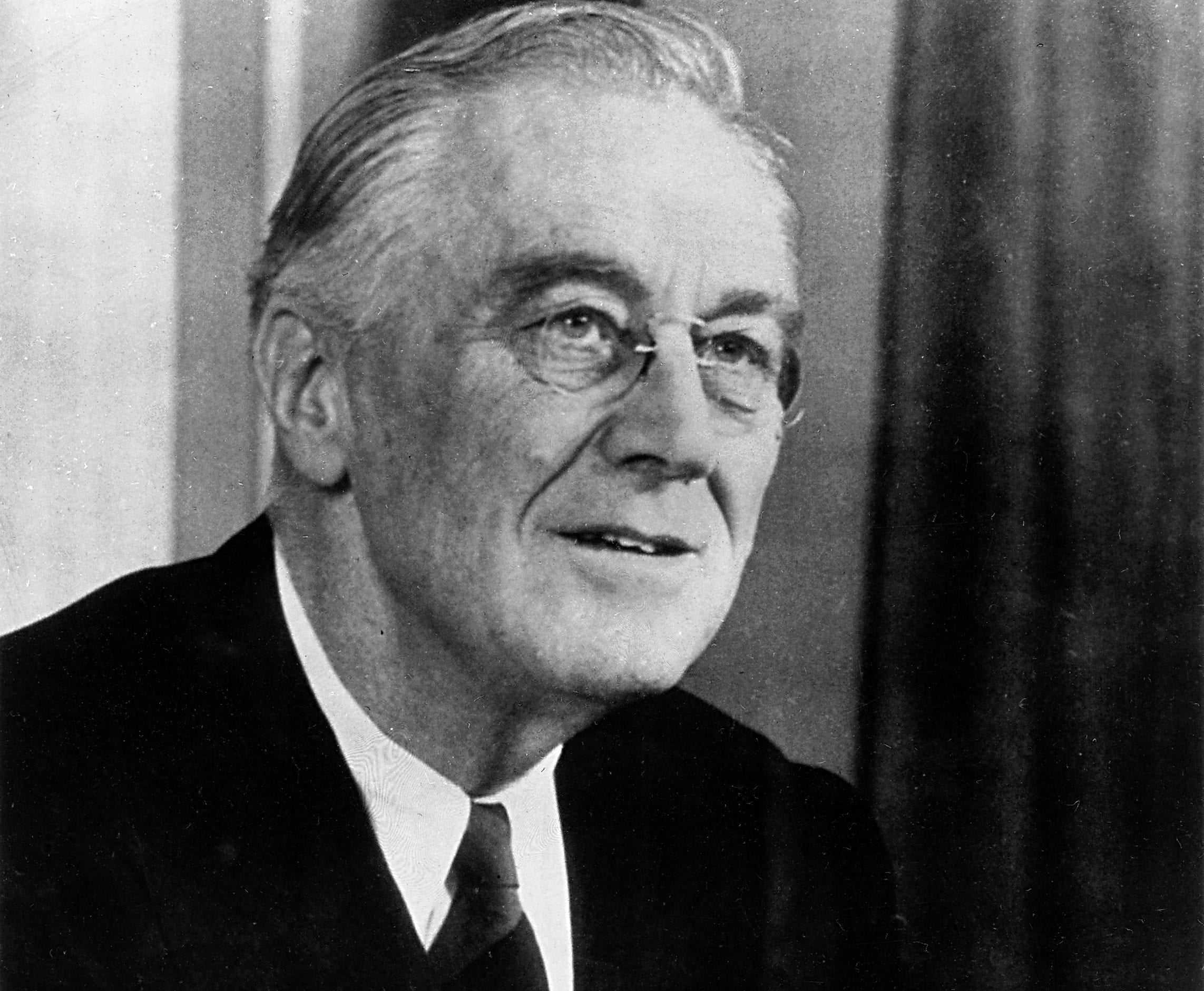Introduction
There was little reason to believe, in November 1929, that the economy was in long-term trouble. The stock market crash of late October had indeed been traumatic, but many leading figures in business, politics, and academia had been saying for some time that stock prices had been overvalued. The collapse in prices therefore represented nothing more than a correction. Still, Hoover believed that some federal action was necessary, leading him to call a series of conferences aimed at using voluntary cooperation to prevent “over-pessimism” from inflicting long-term damage to the economy. Among the tangible results of these conferences was a promise by leading manufacturers not to reduce costs by cutting wages.
—John E. Moser
Source: Herbert Hoover, “Statement Announcing a Series of Conferences With Representatives of Business, Industry, Agriculture, and Labor,” November 15, 1929. Online by Gerhard Peters and John T. Woolley, The American Presidency Project. https://teachingamericanhistory.org/2iqo.
I have during the past week engaged in numerous conferences with important business leaders and public officials with a view to the coordination of business and governmental agencies in concerted action for continued business progress.
I am calling for the middle of next week a small preliminary conference of representatives of industry, agriculture, and labor to meet with the Secretaries of the Treasury, Agriculture, Commerce, and Labor, together with the Chairman of the Federal Farm Board to develop certain definite steps.
For instance, one of the results of the speculative period through which we have passed in recent months has been the diversion of capital into the security market, with consequent lagging of the construction work in the country. The postponement of construction during the past months, including not only buildings, railways, merchant marine, and public utilities, but also Federal, State, and municipal public works, provides a substantial reserve for prompt expanded action. The situation is further assured by the exceptionally strong cash position of the large manufacturing industries of the country.
The magnificent working of the Federal Reserve System and the inherently sound condition of the banks have already brought about a decrease in interest rates and an assurance of abundant capital – the first time such a result has been so speedily achieved under similar circumstances.
In market booms we develop over-optimism with a corresponding reverse into over-pessimism. They are equally unjustified but the sad thing is that many unfortunate people are drawn into the vortex of these movements with tragic loss of savings and reserves. Any lack of confidence in the economic future or the basic strength of business in the United States is foolish. Our national capacity for hard work and intelligent cooperation is ample guaranty of the future.
My own experience has been, however, that words are not of any great importance in times of economic disturbance. It is action that counts. The establishment of credit stability and ample capital through the Federal Reserve System and the demonstration of the confidence of the administration by undertaking tax reduction with the cooperation of both political parties, speak more than words.
The next practical step is the organizing and coordinating of a forward movement of business through the revival of construction activities, the stimulation of exports and of other legitimate business expansion, especially to take such action in concert with the use of our new powers to assist agriculture. Fortunately, the sound sense, the capacity and readiness for cooperation of our business leaders and governmental agencies give assurance of action.


